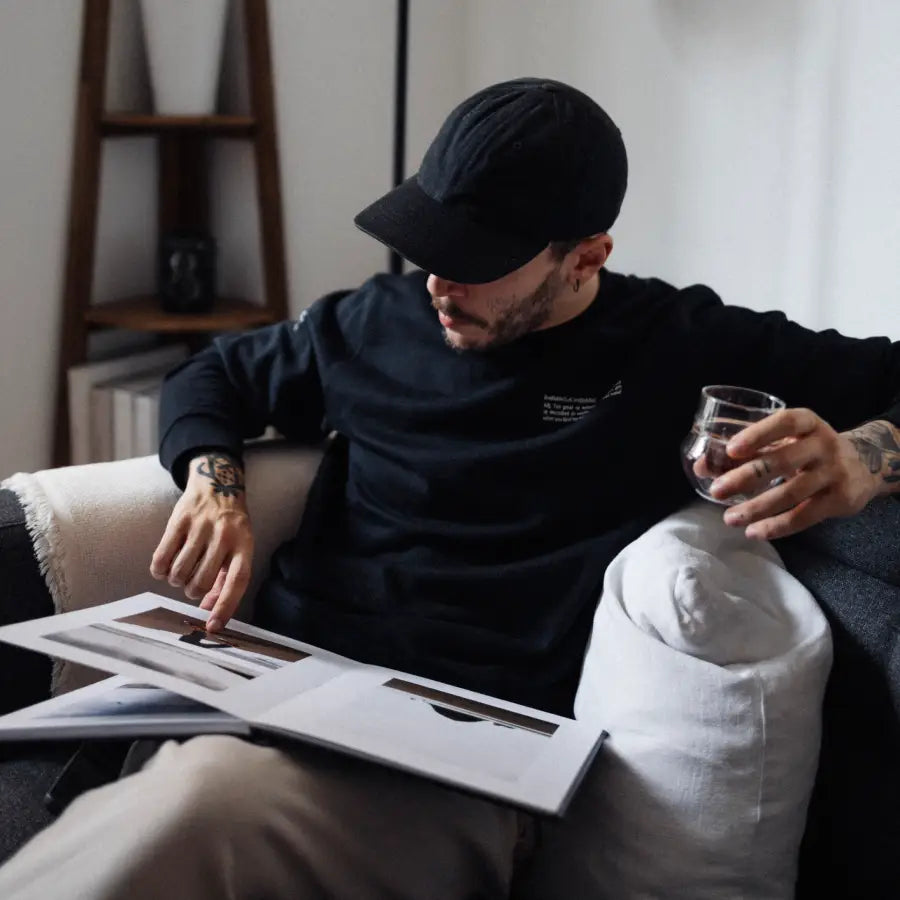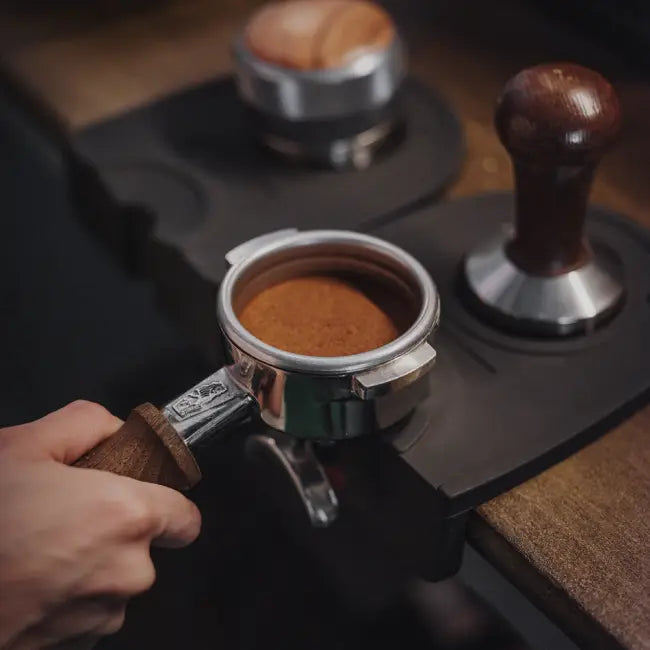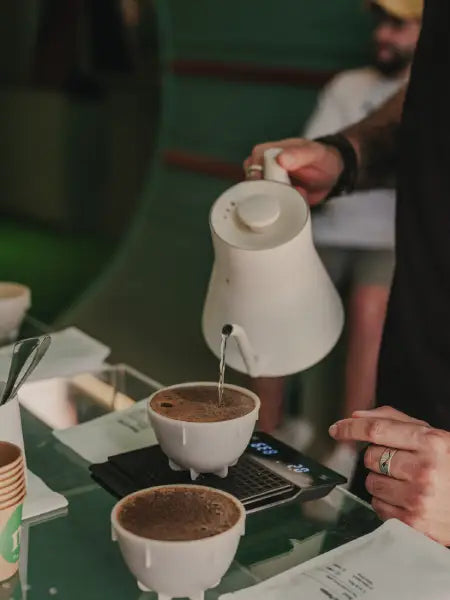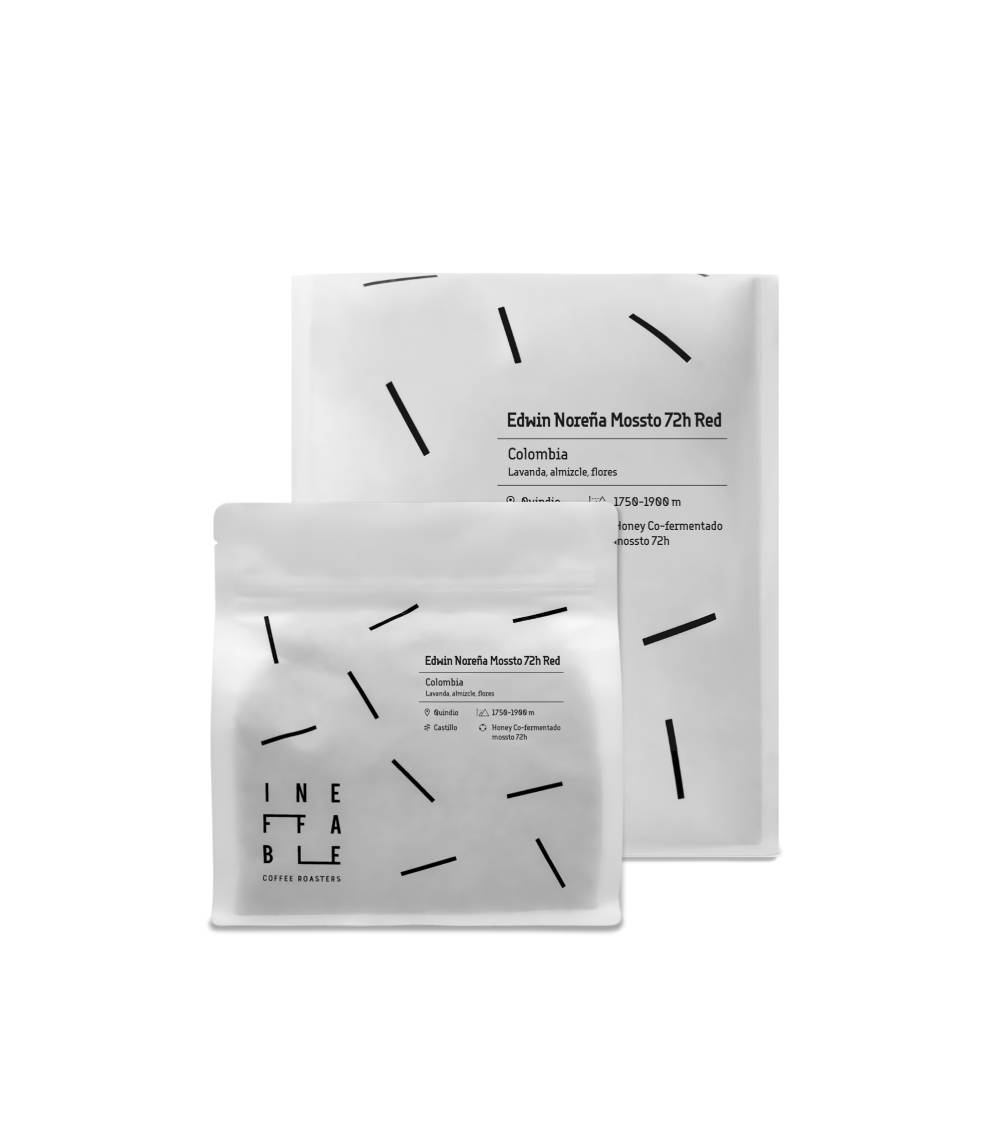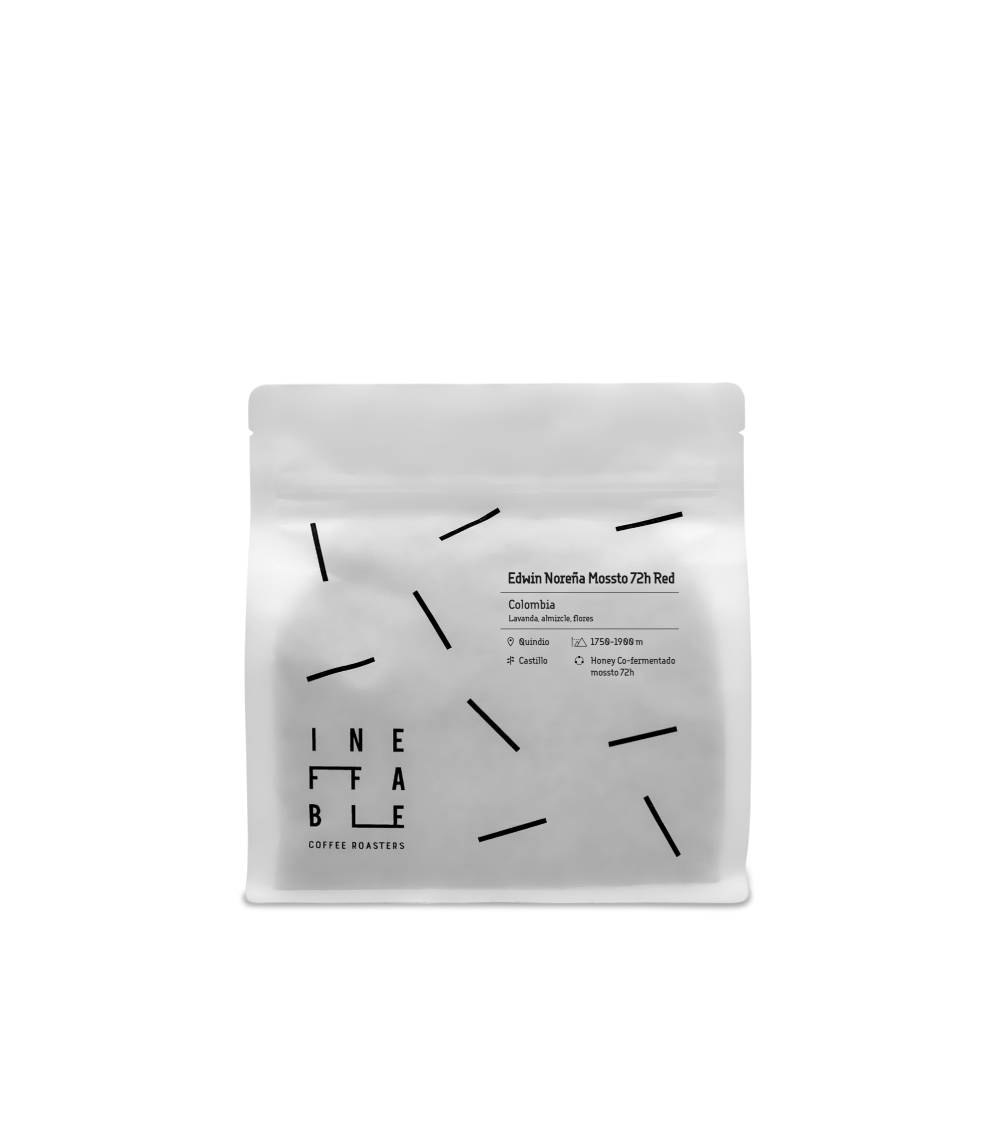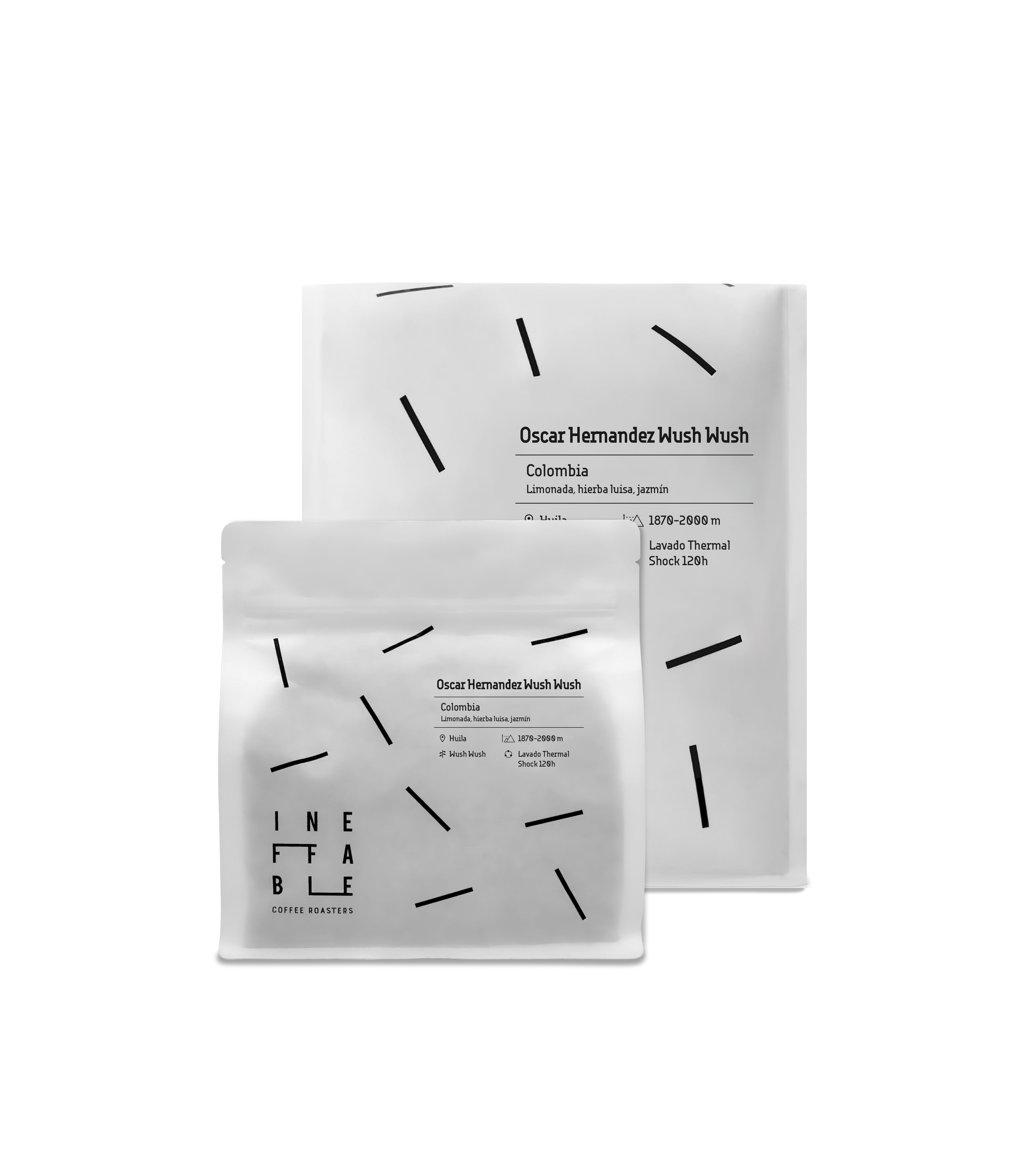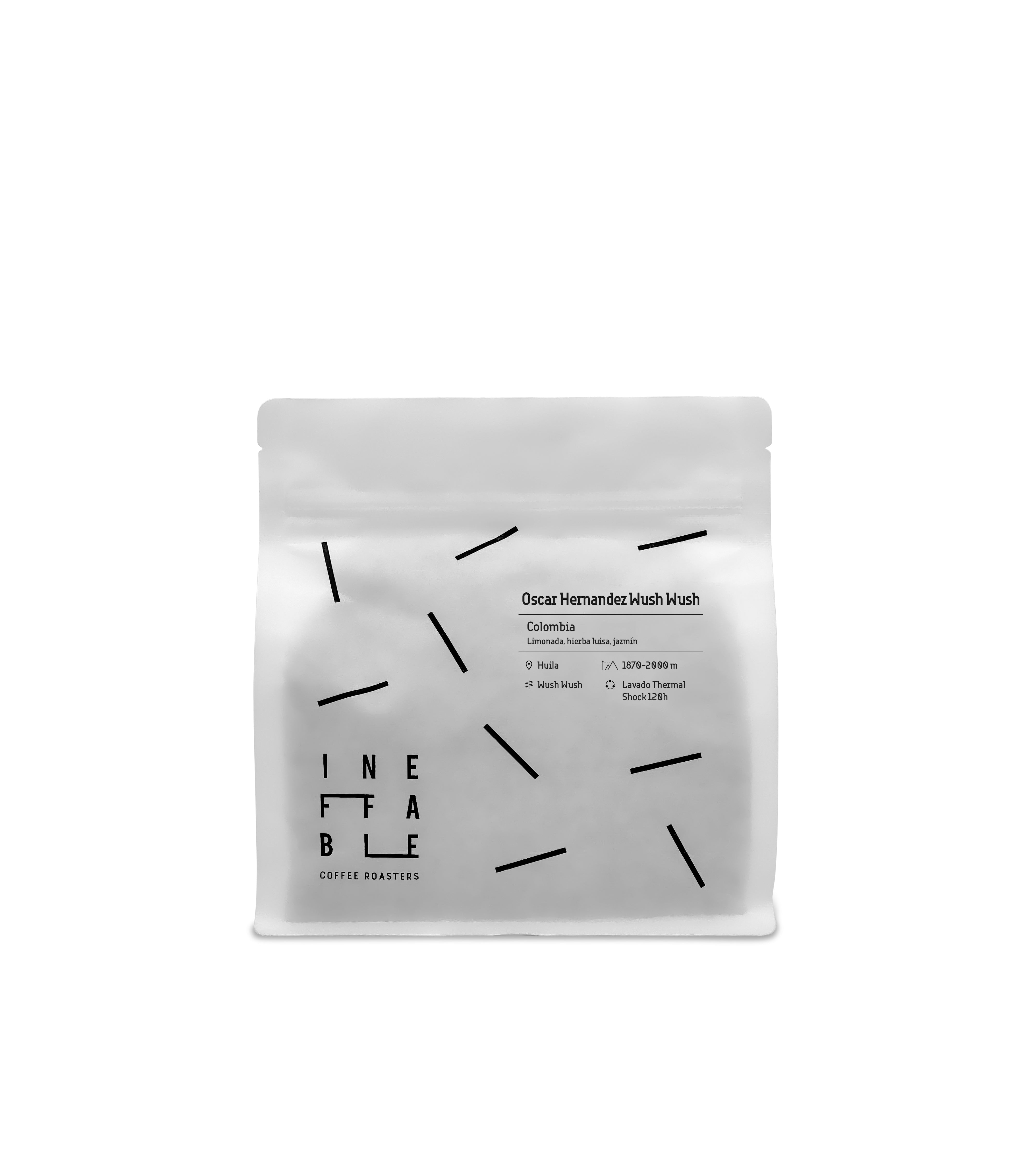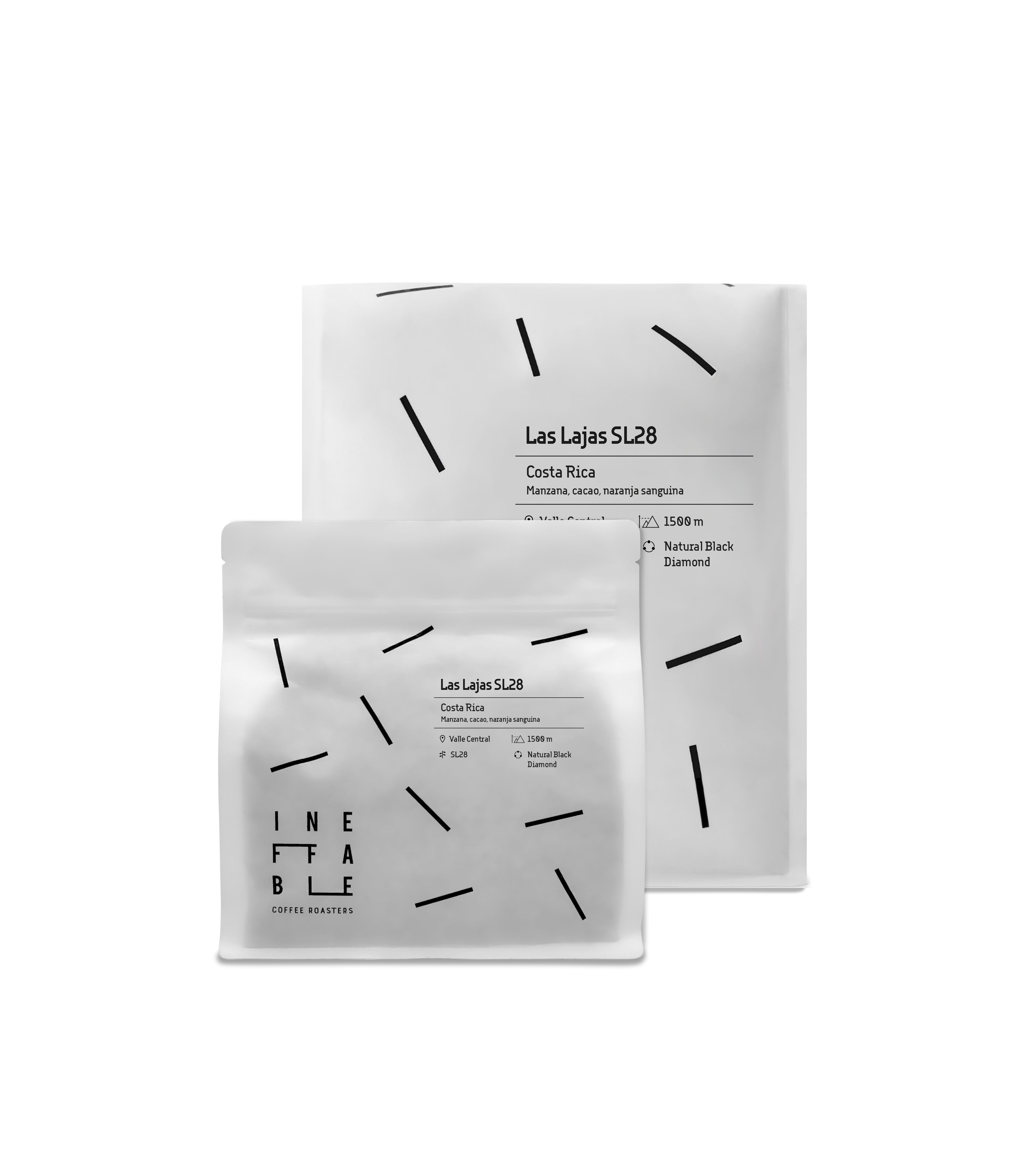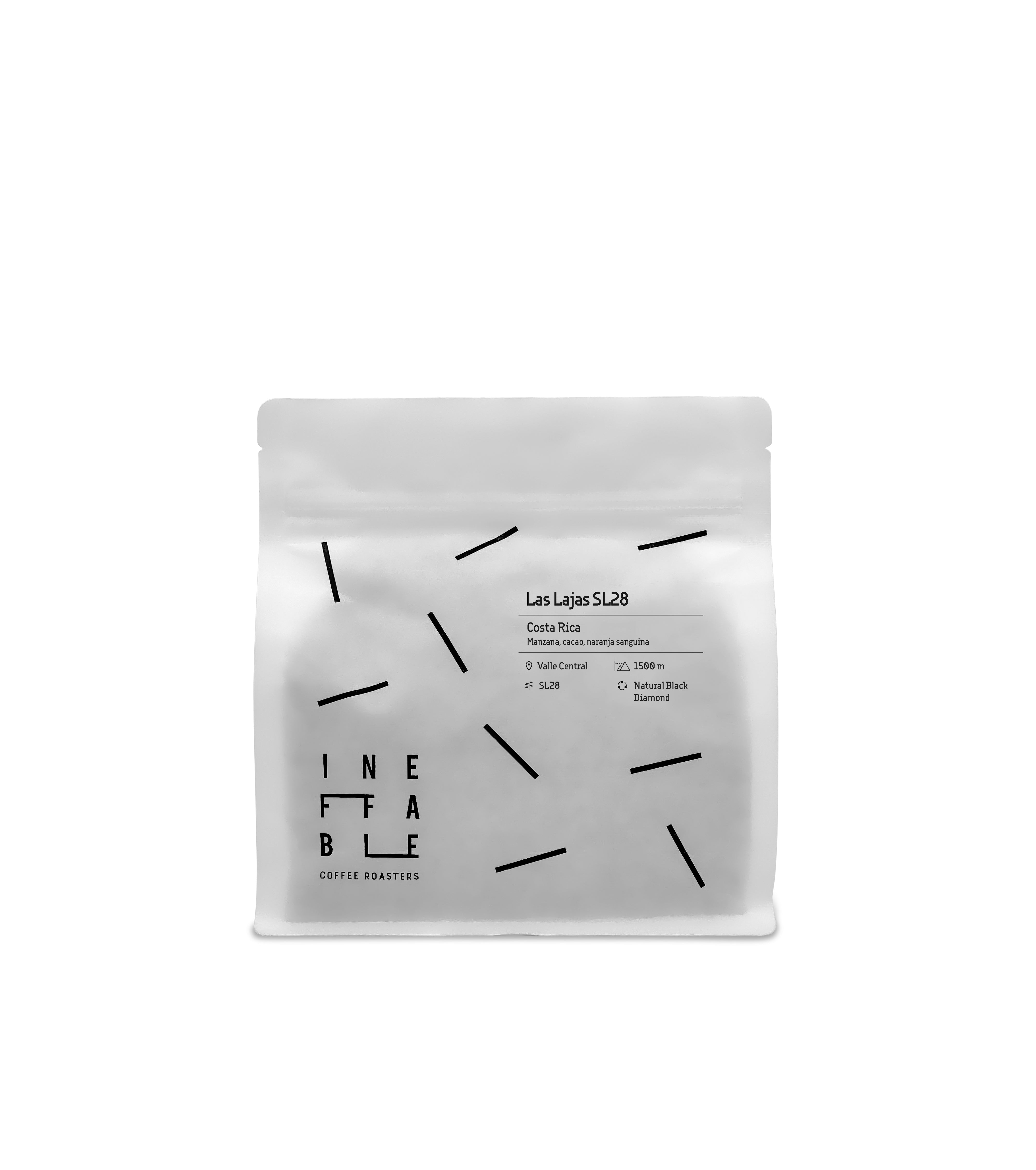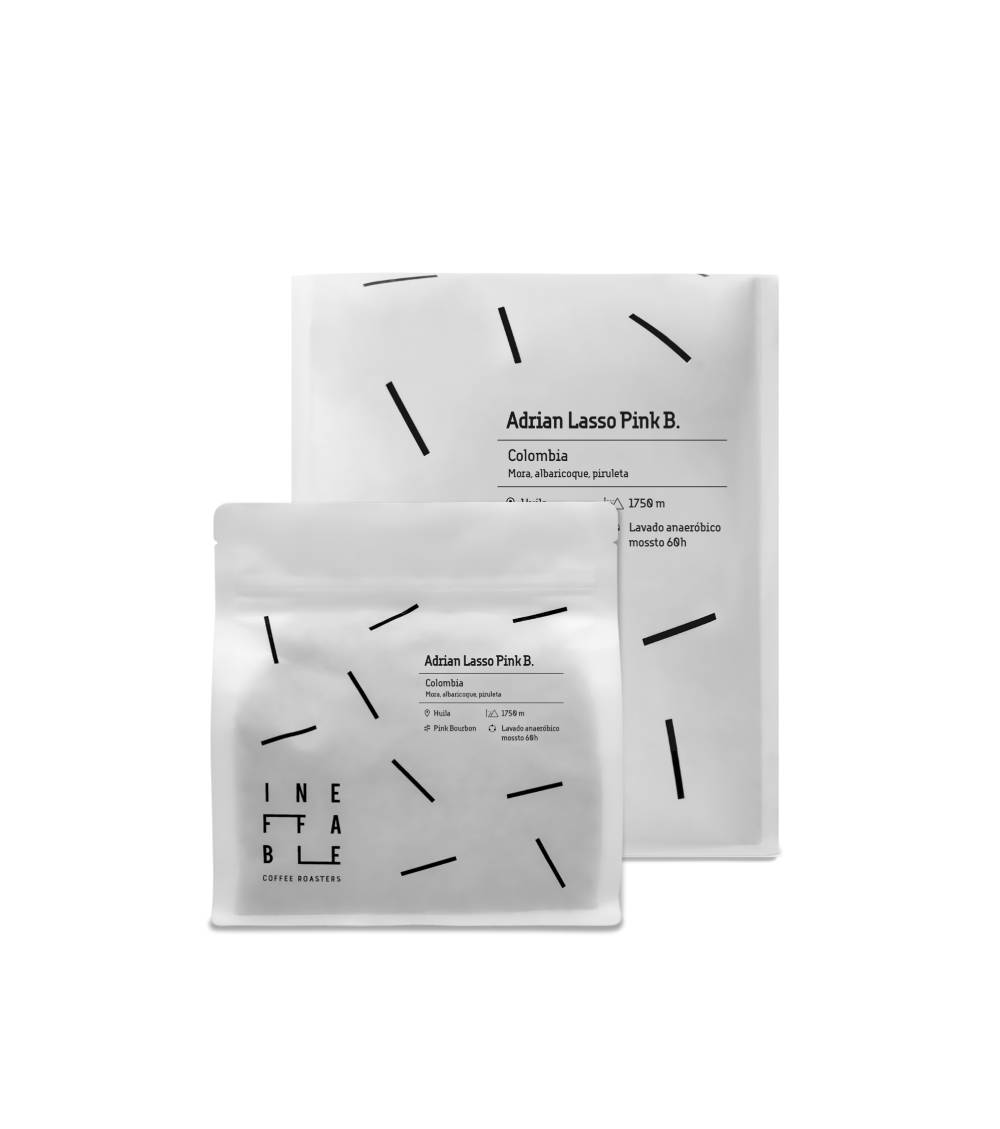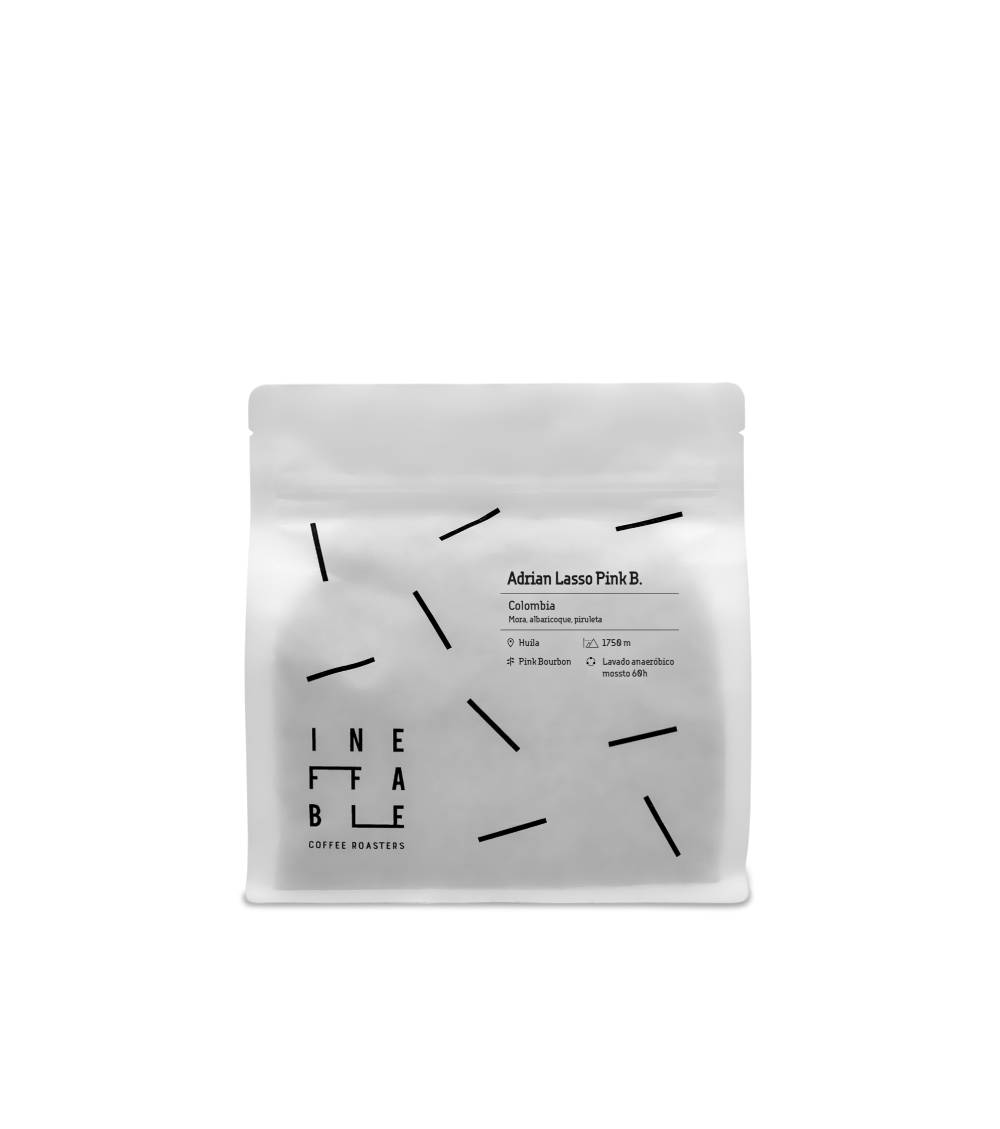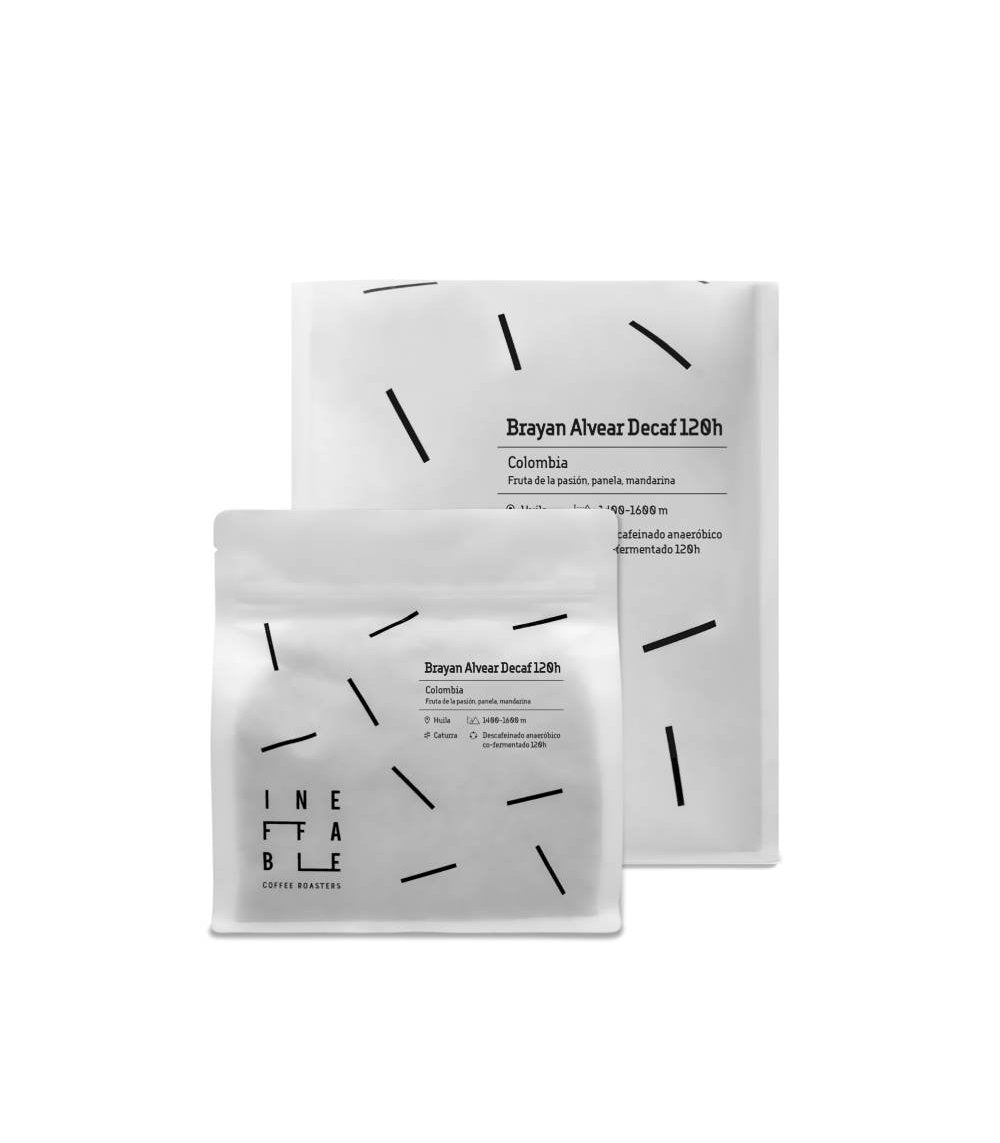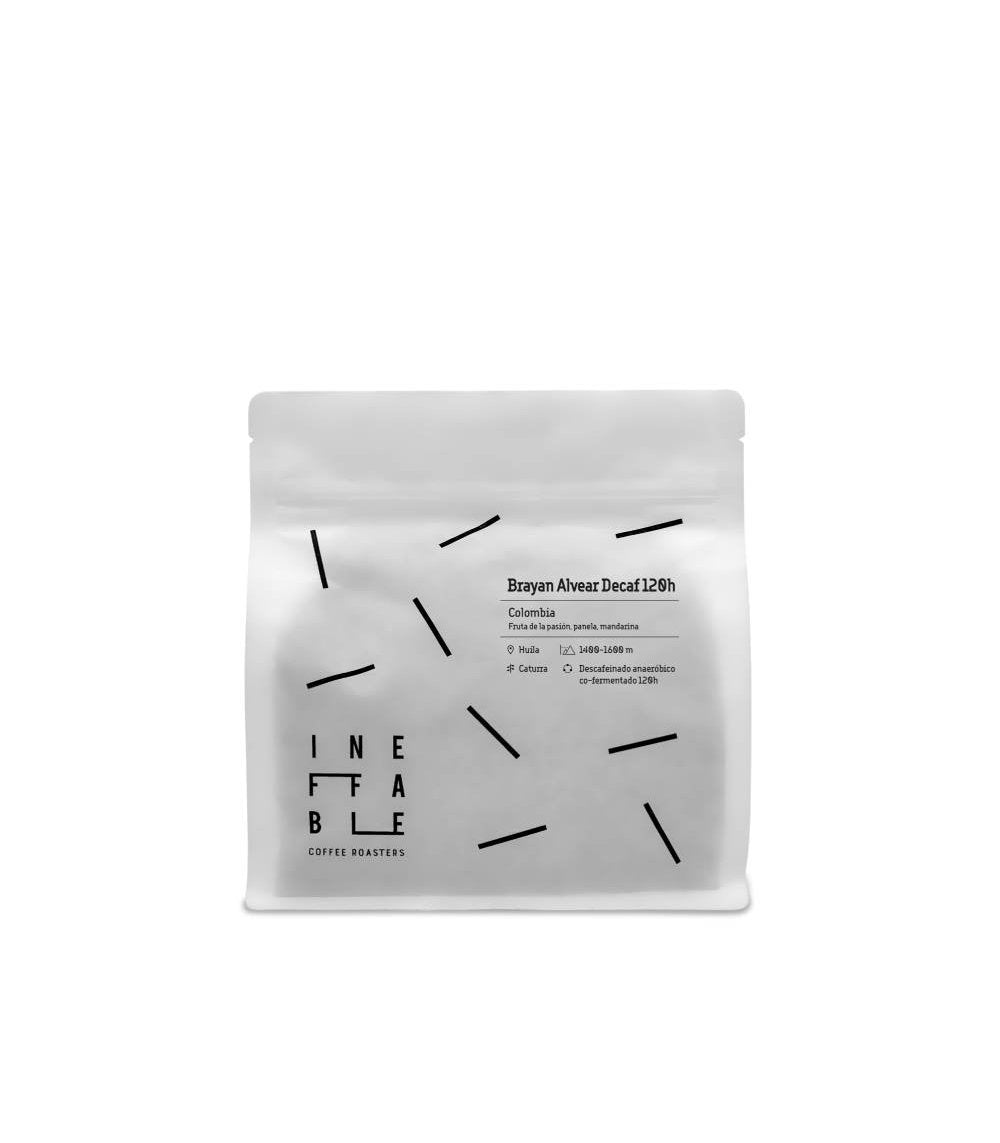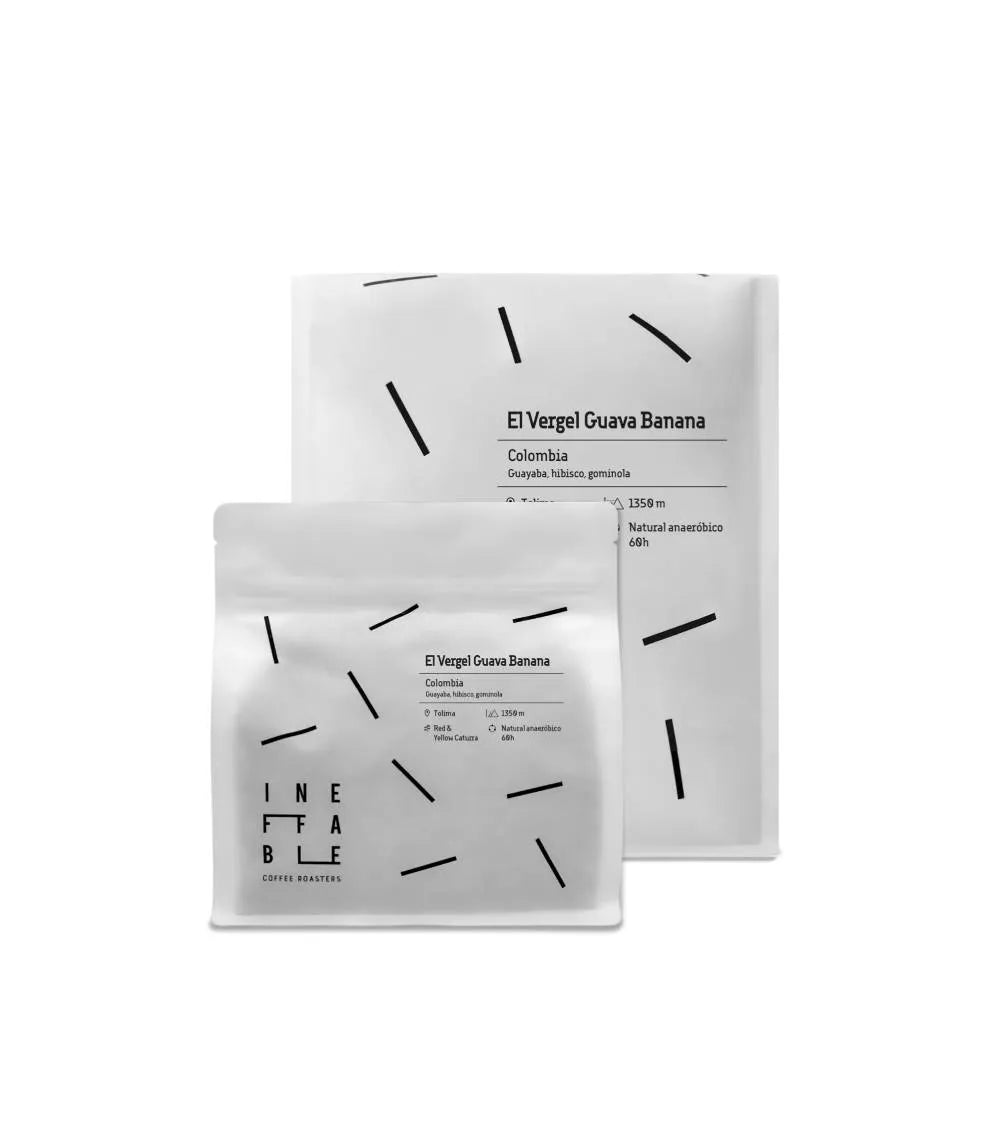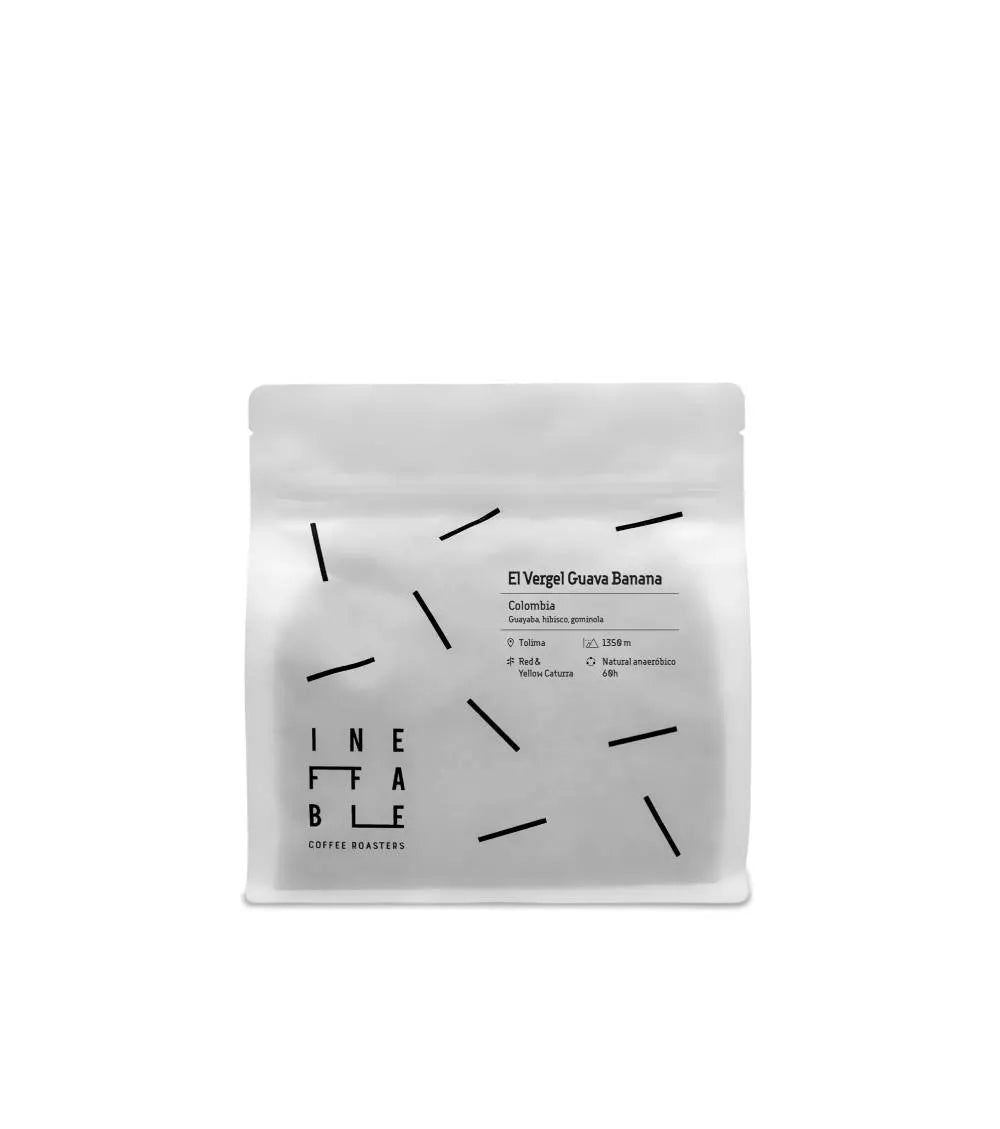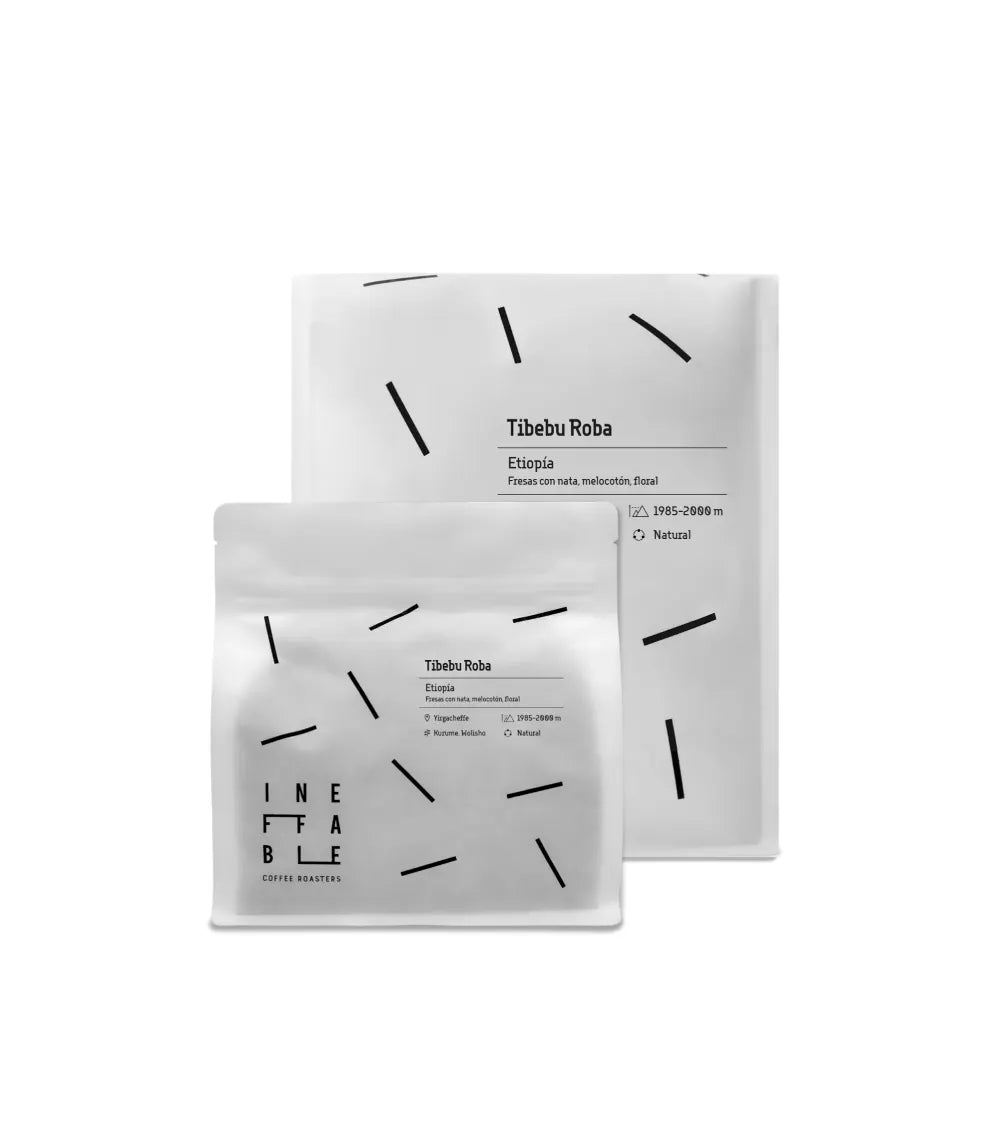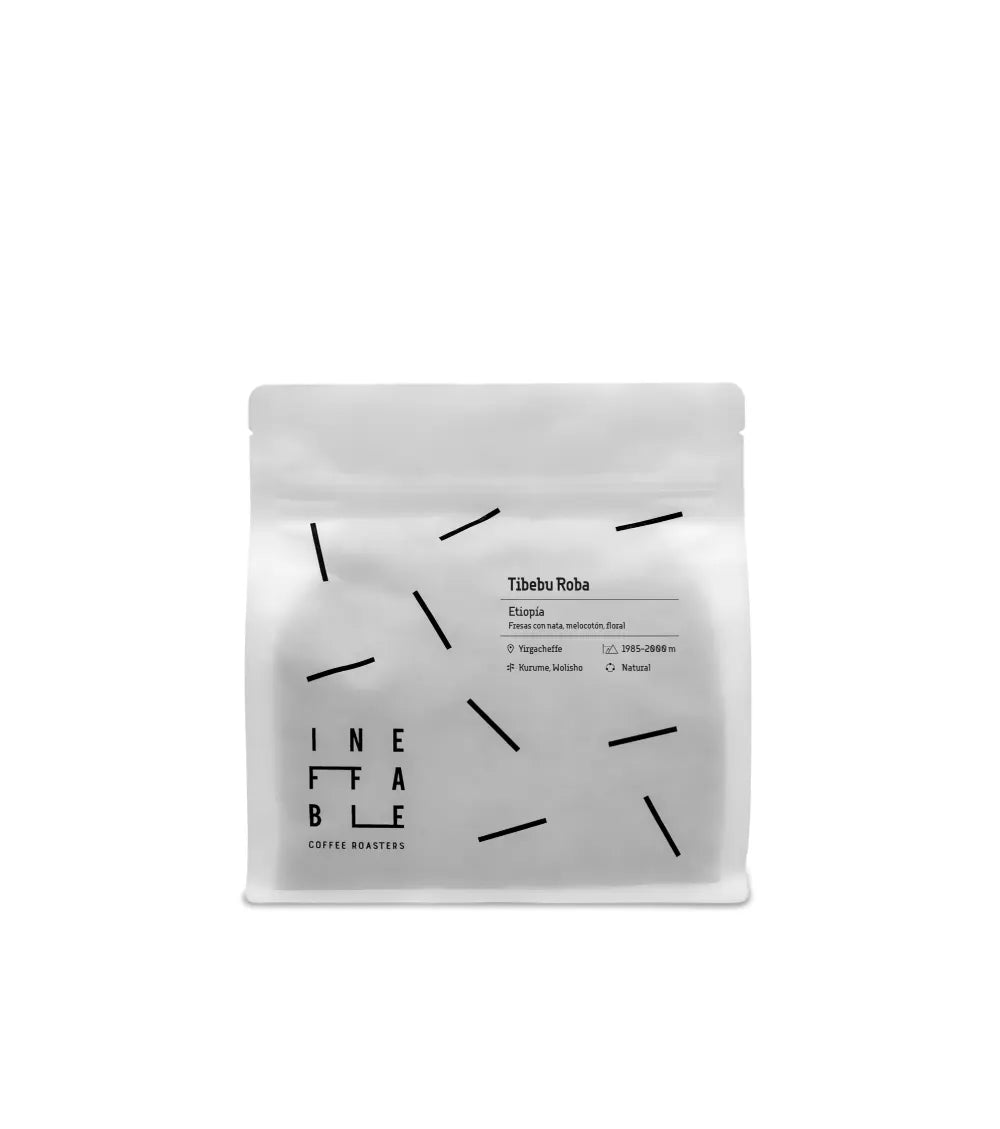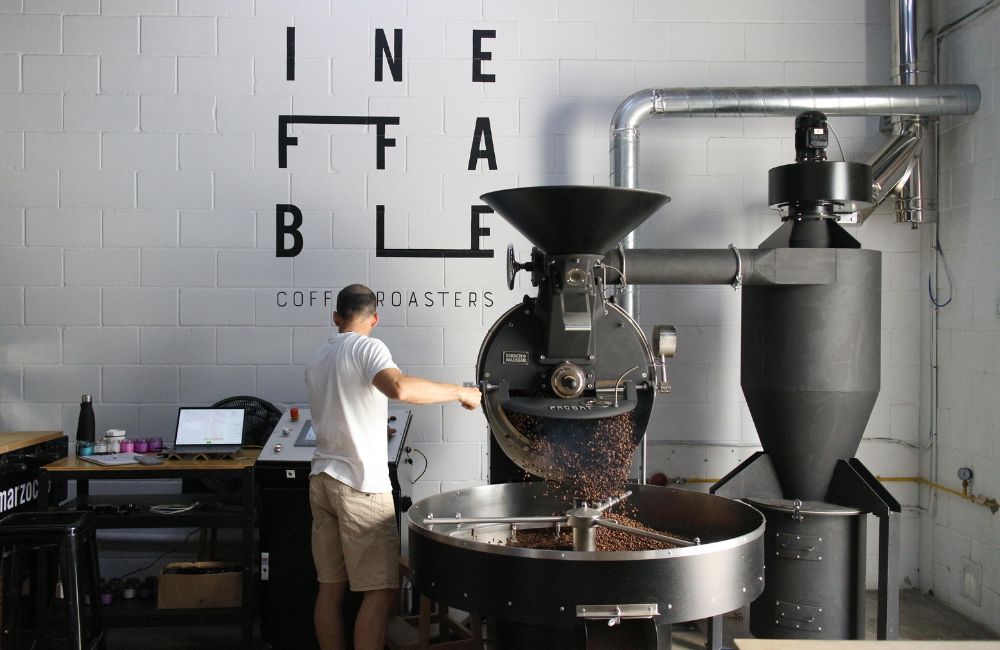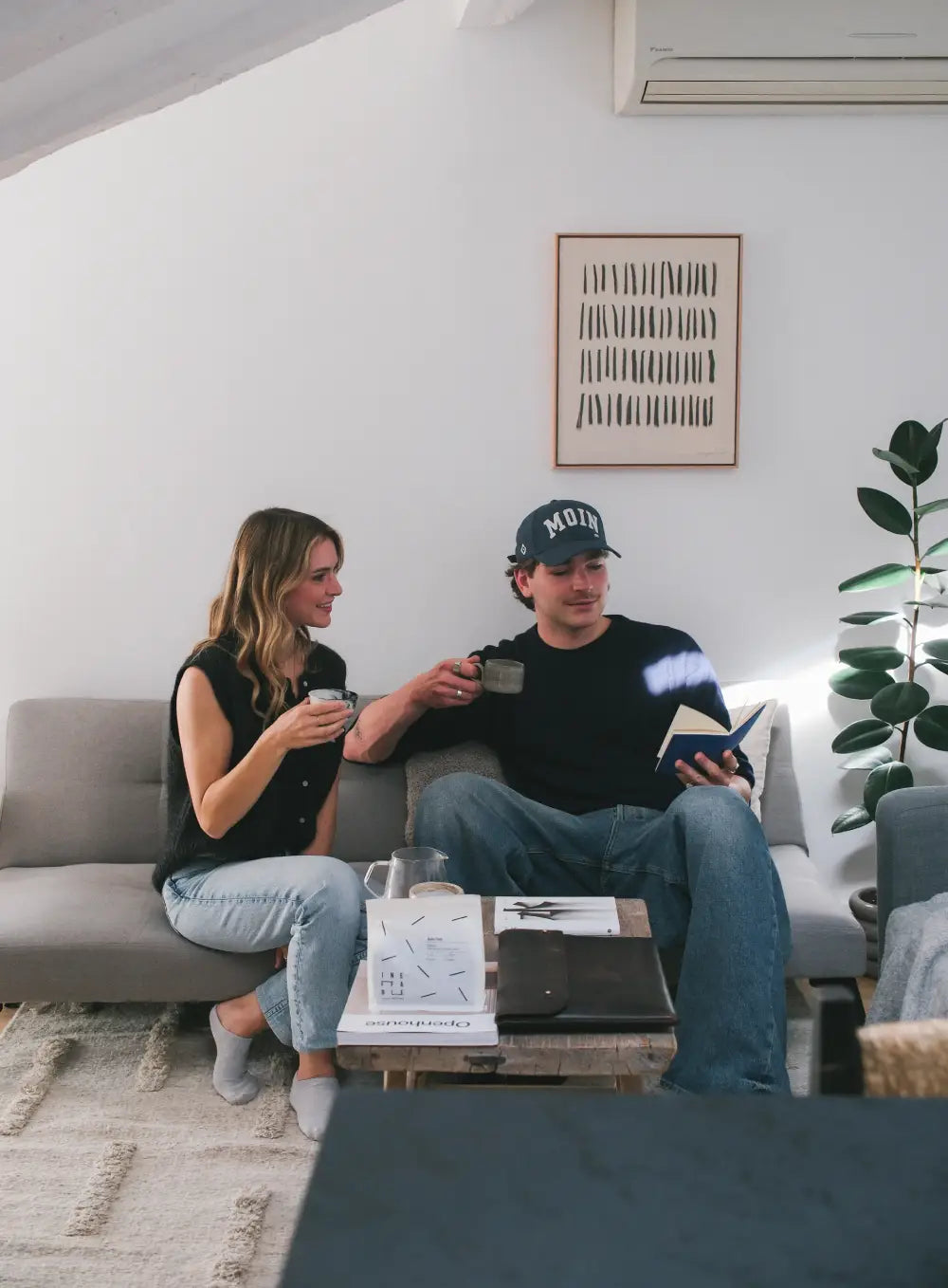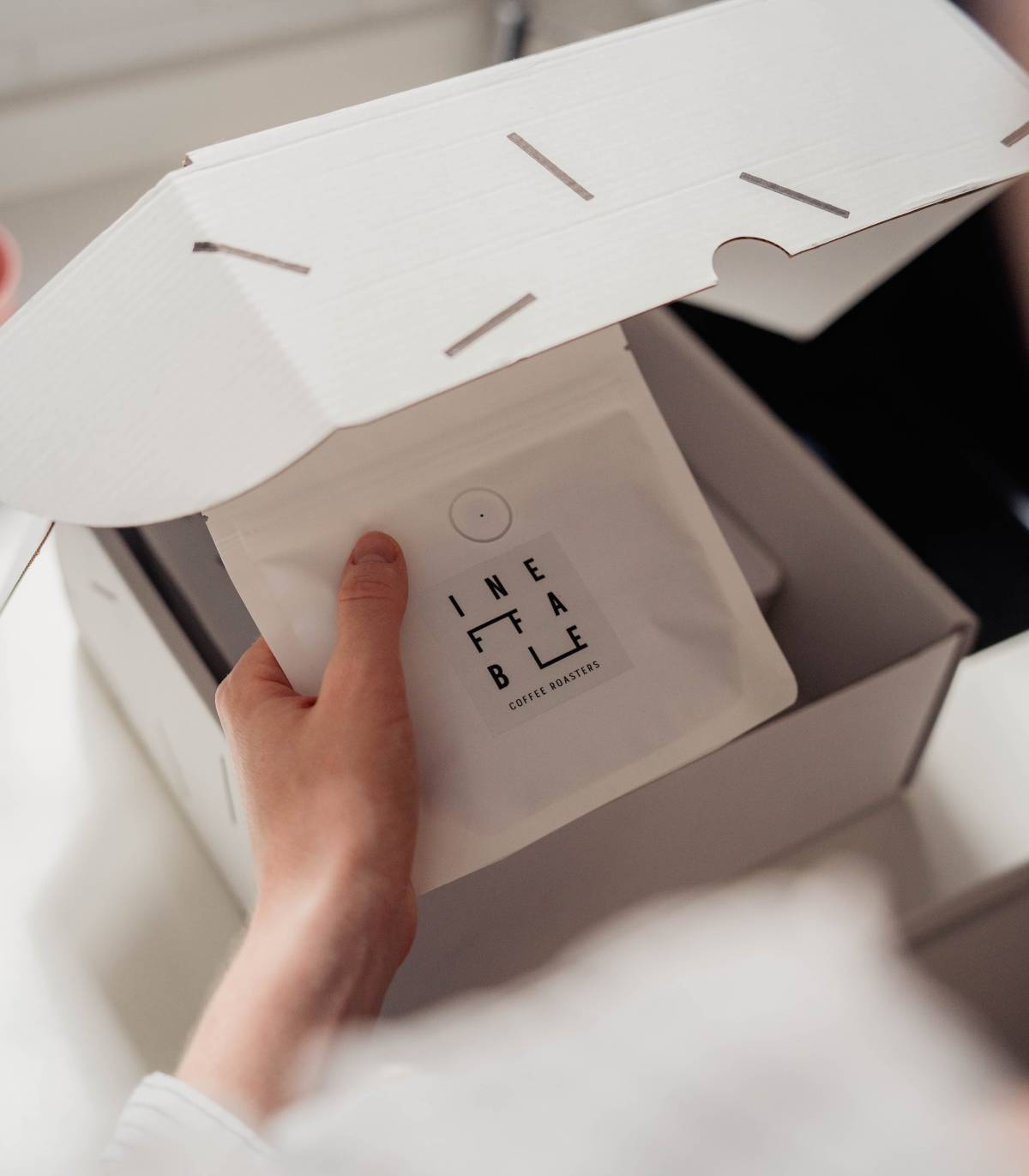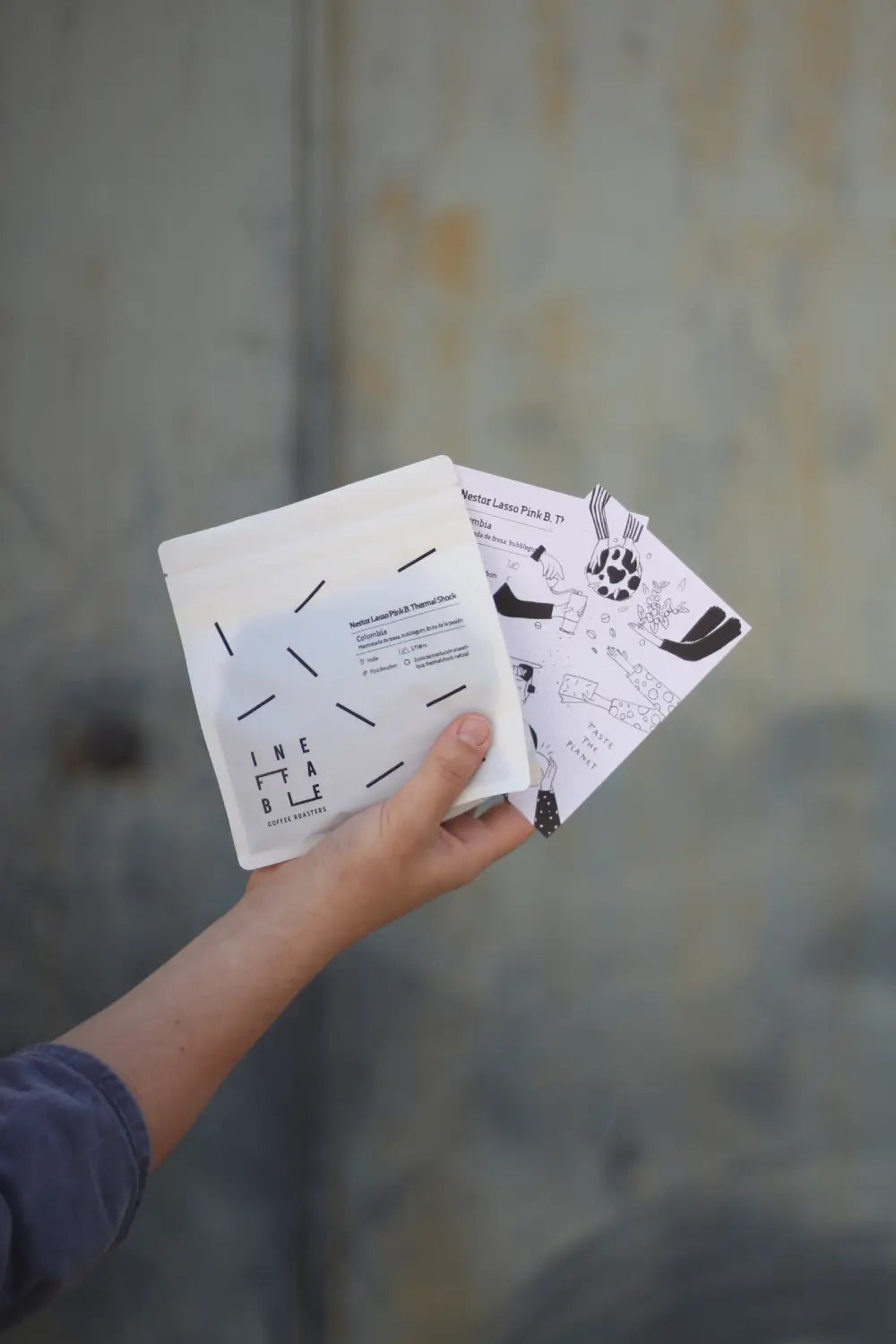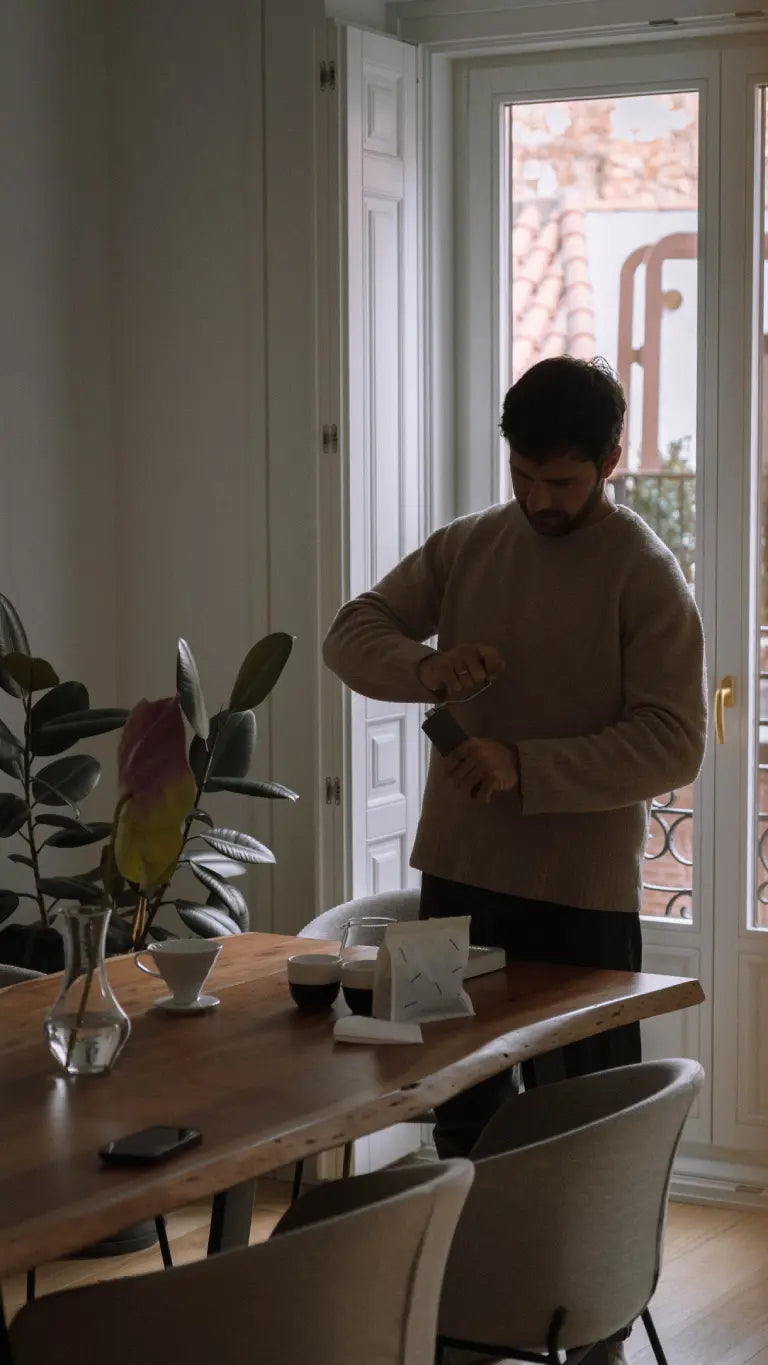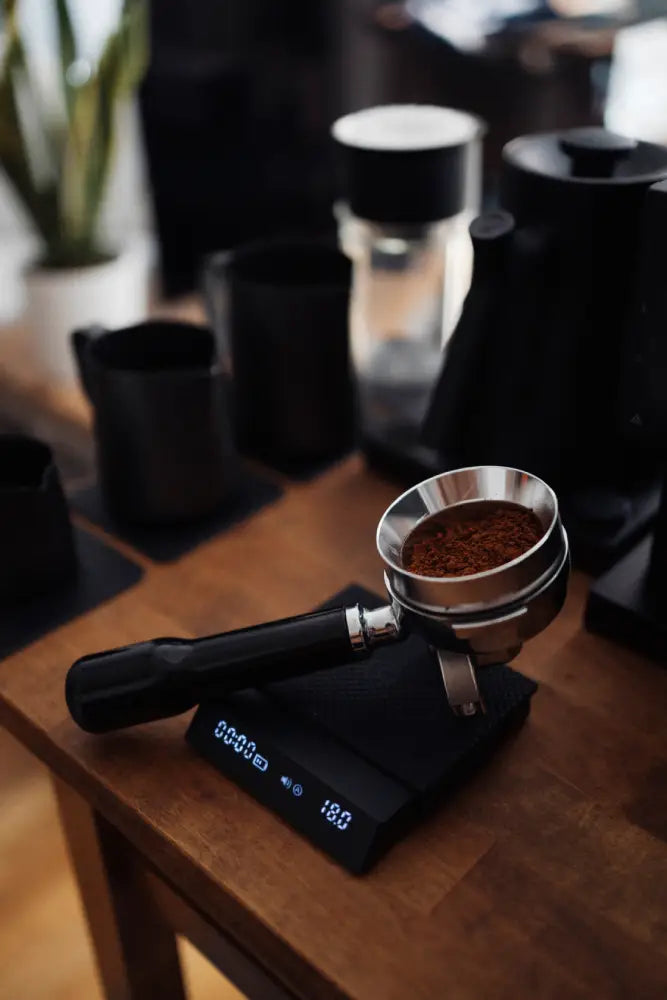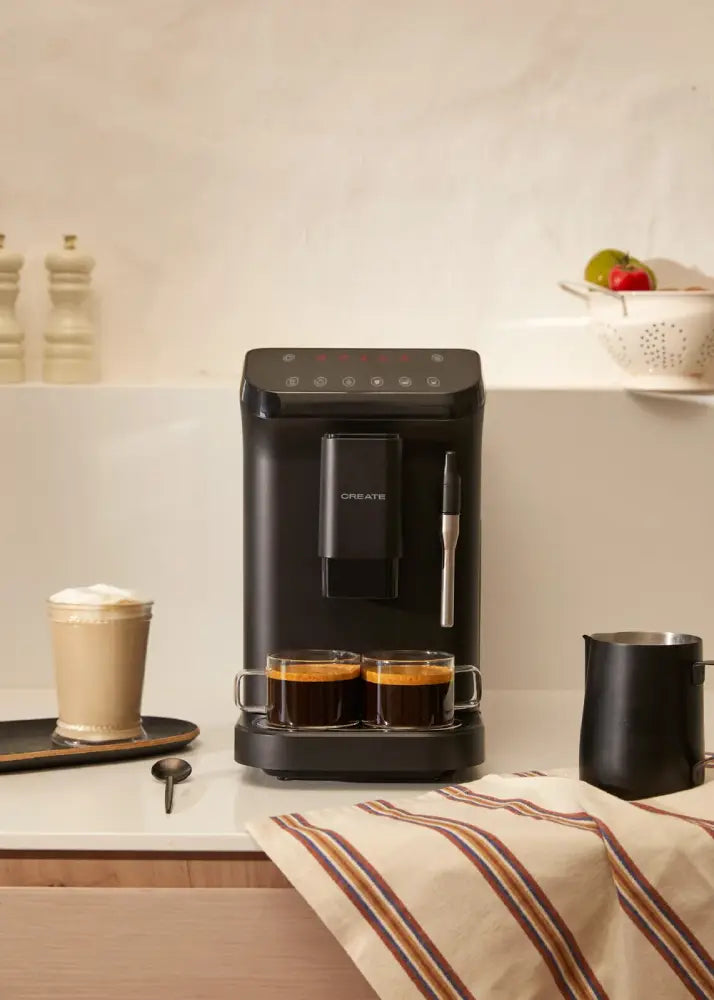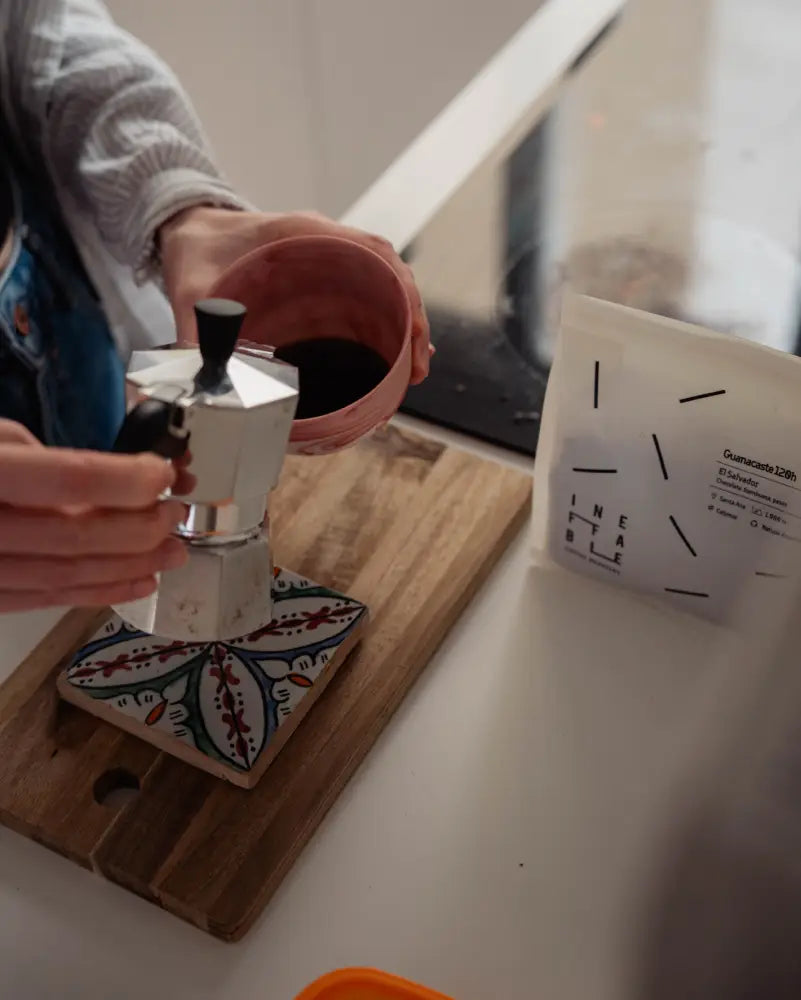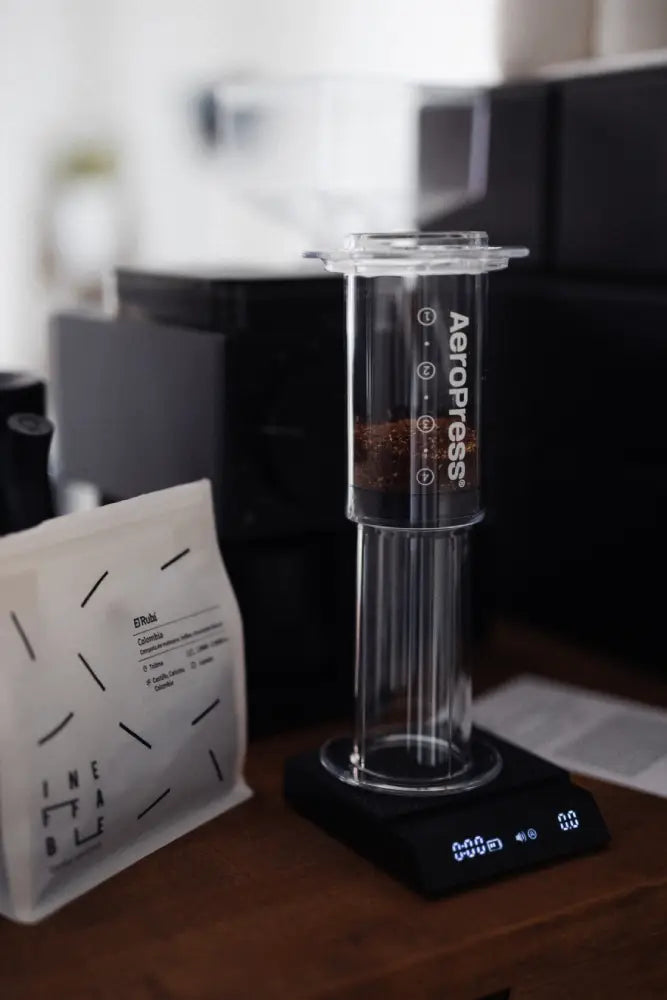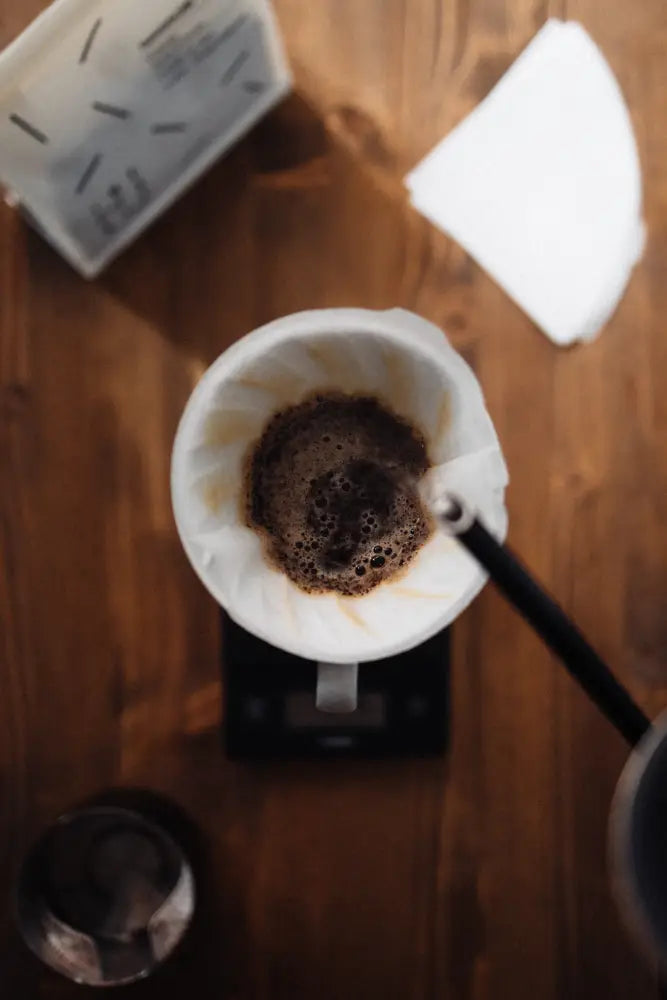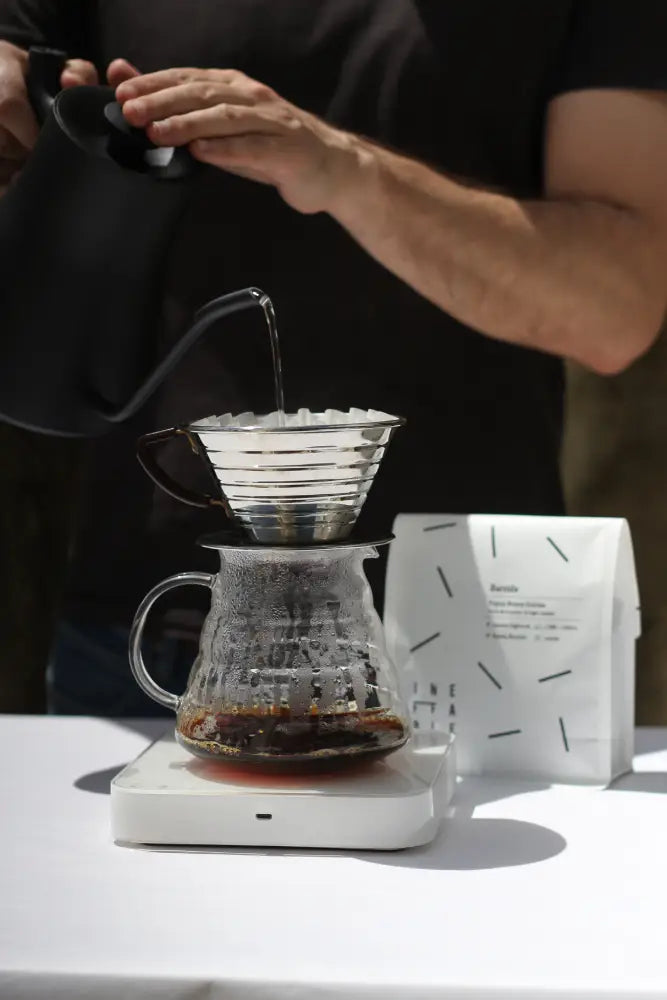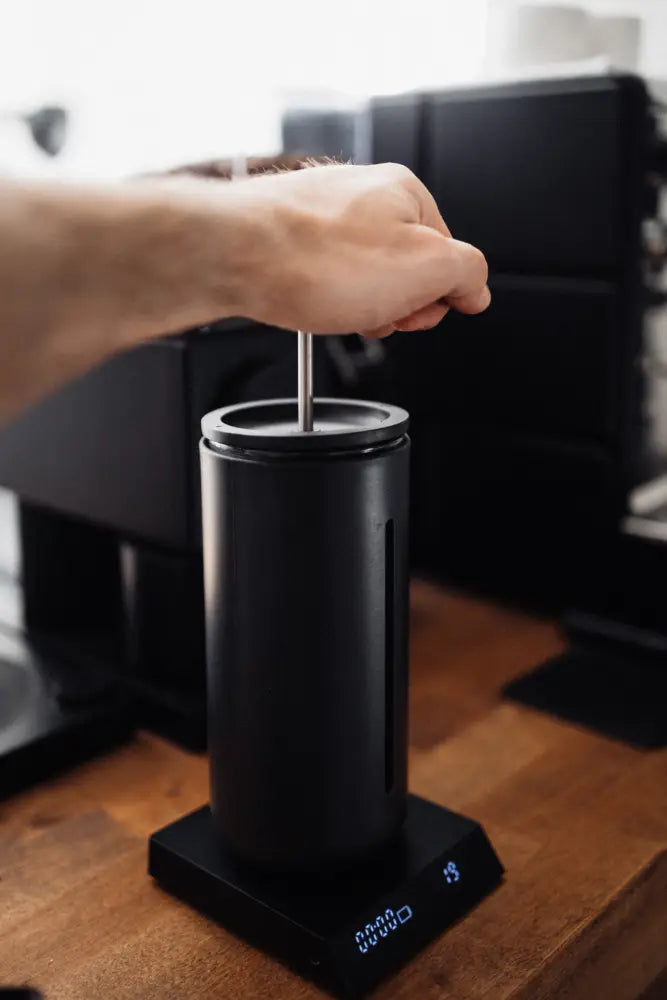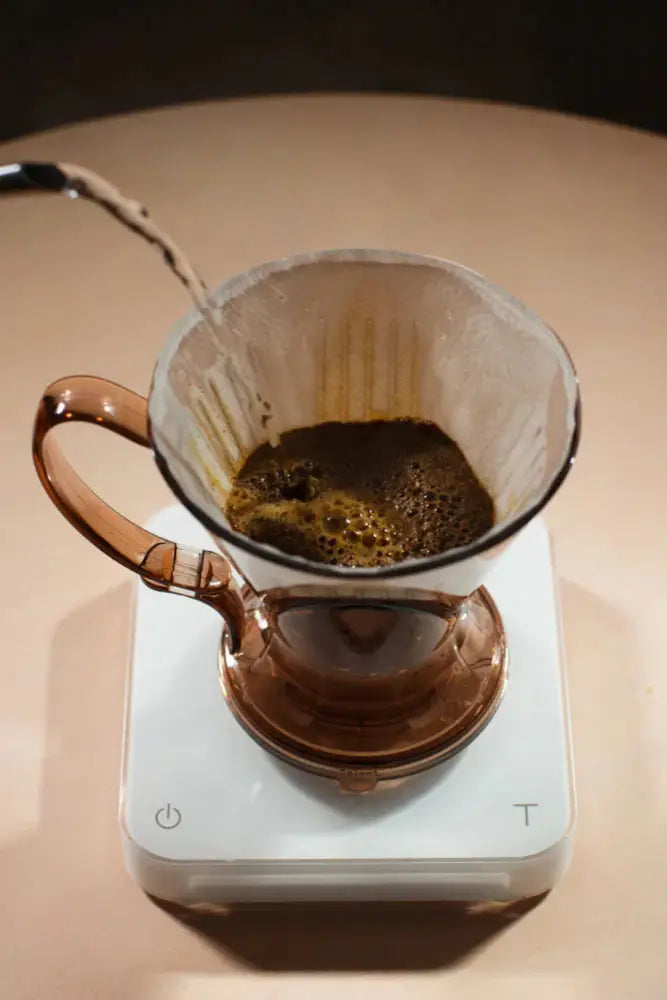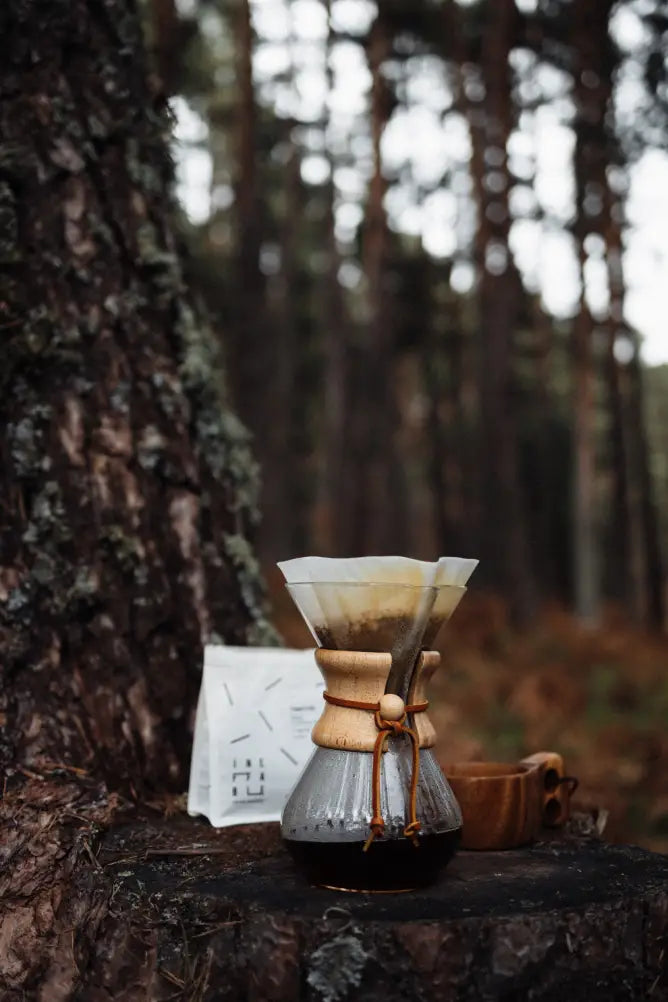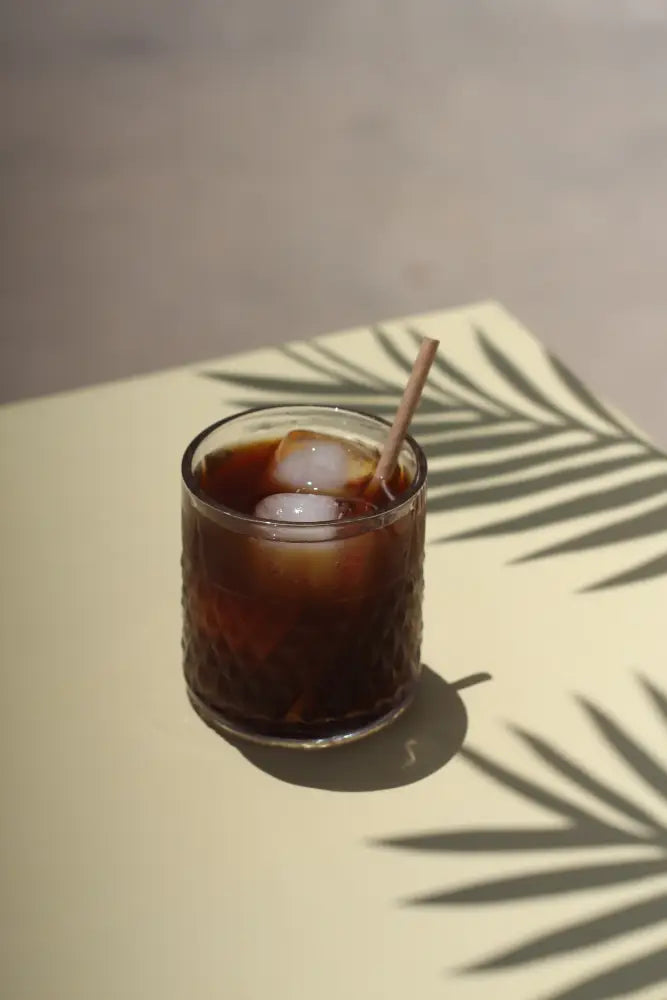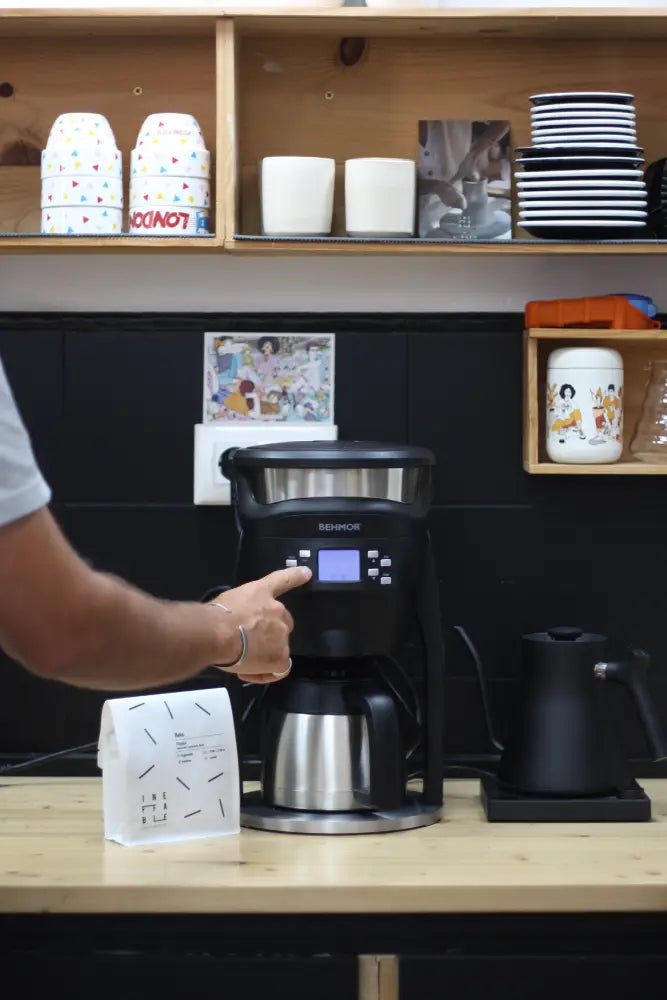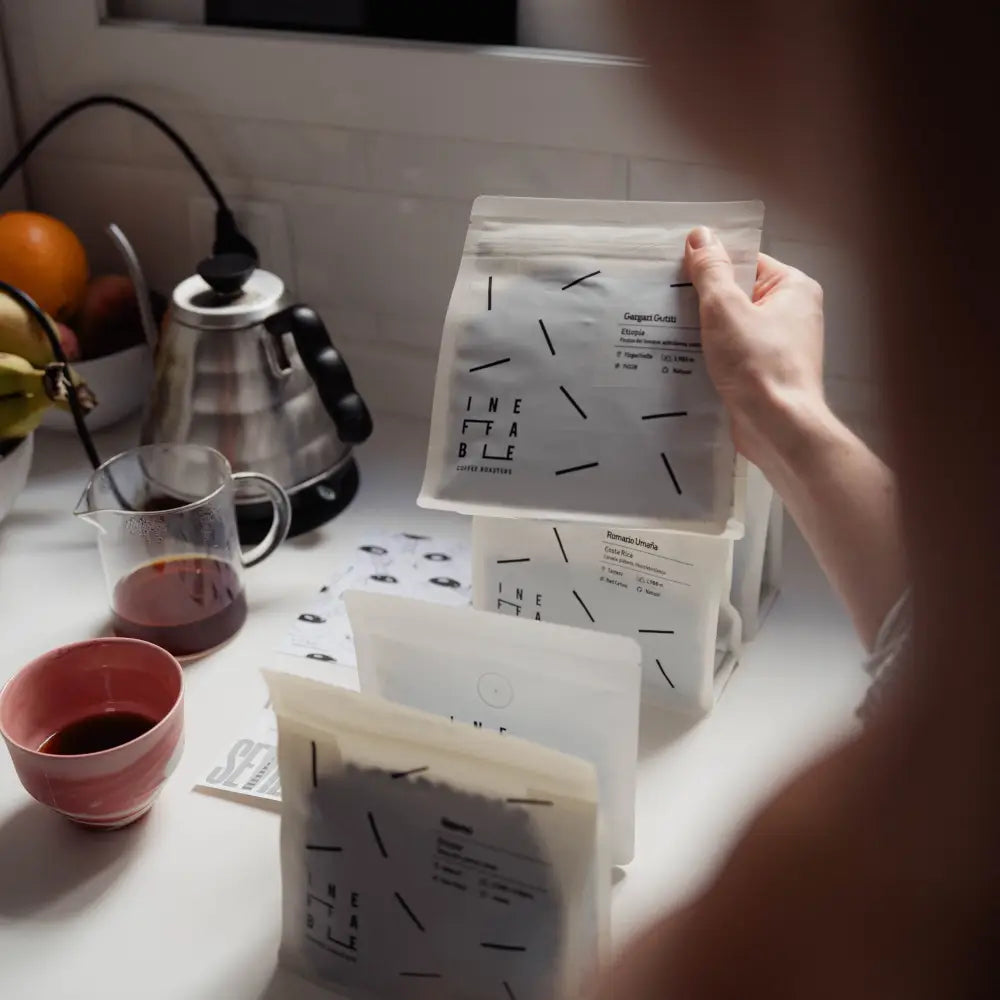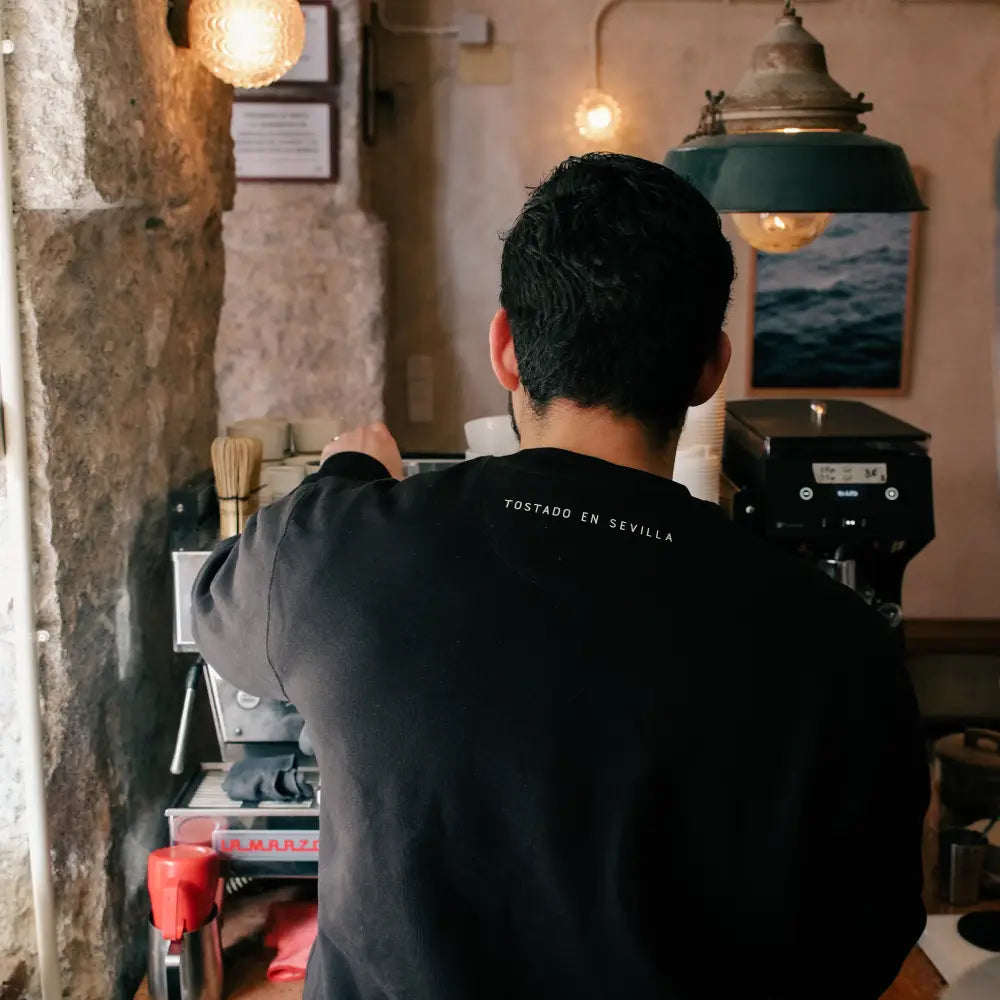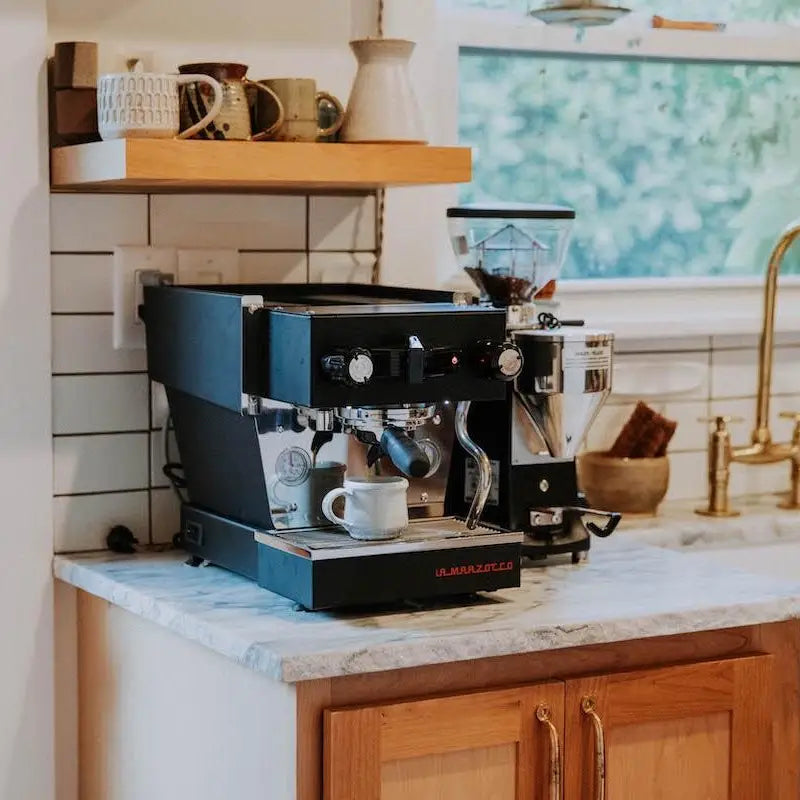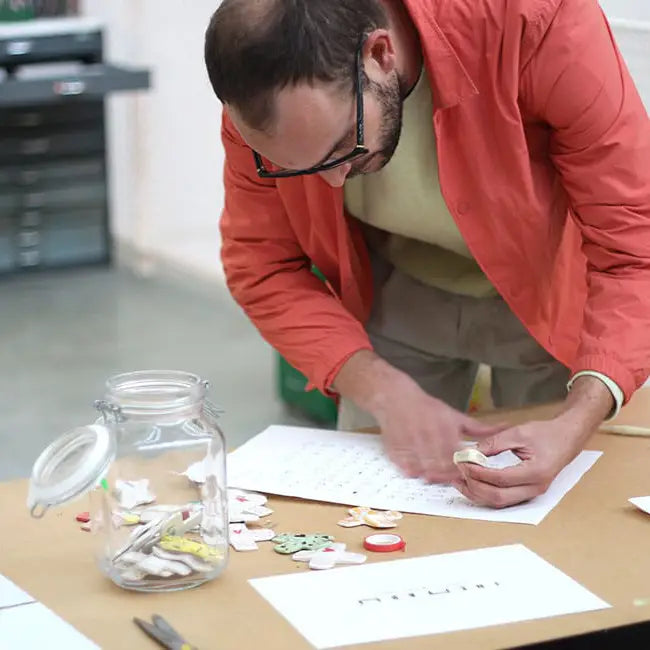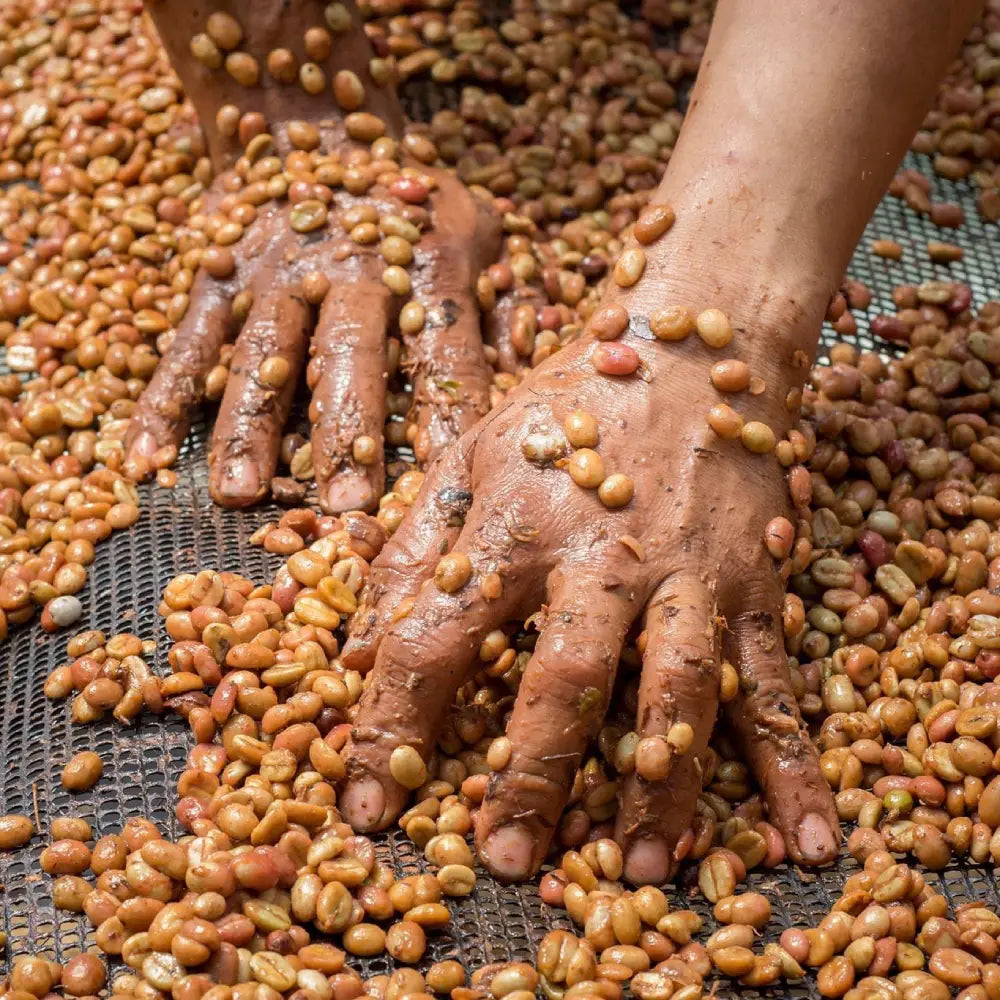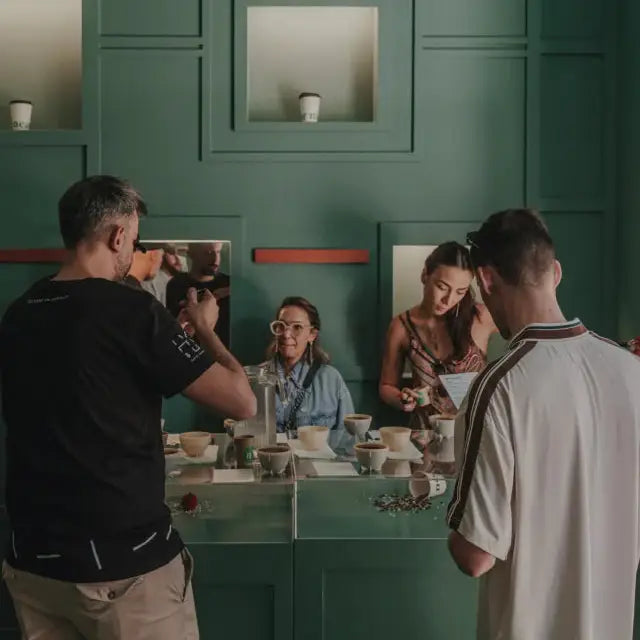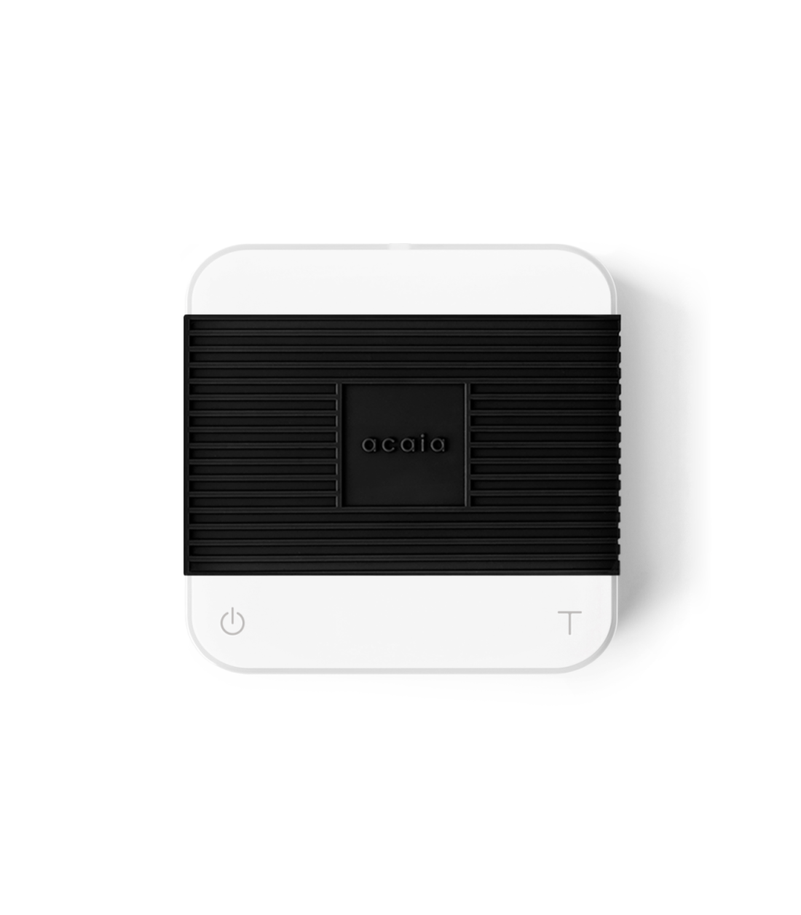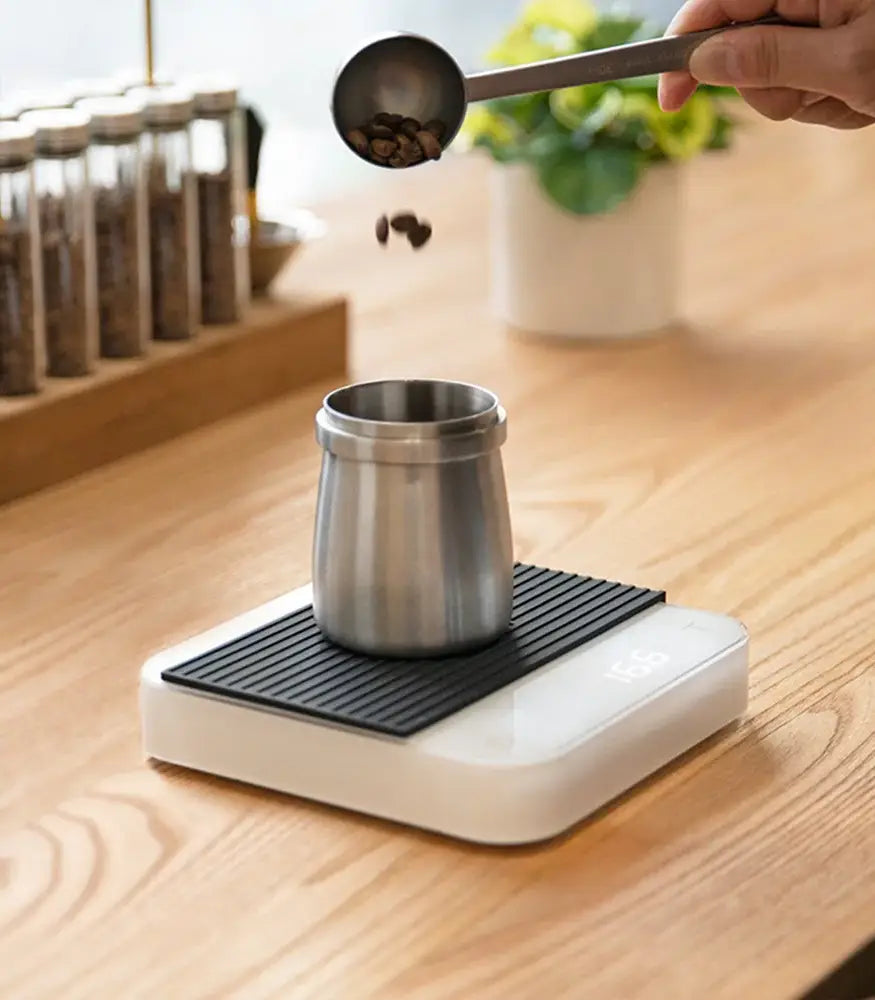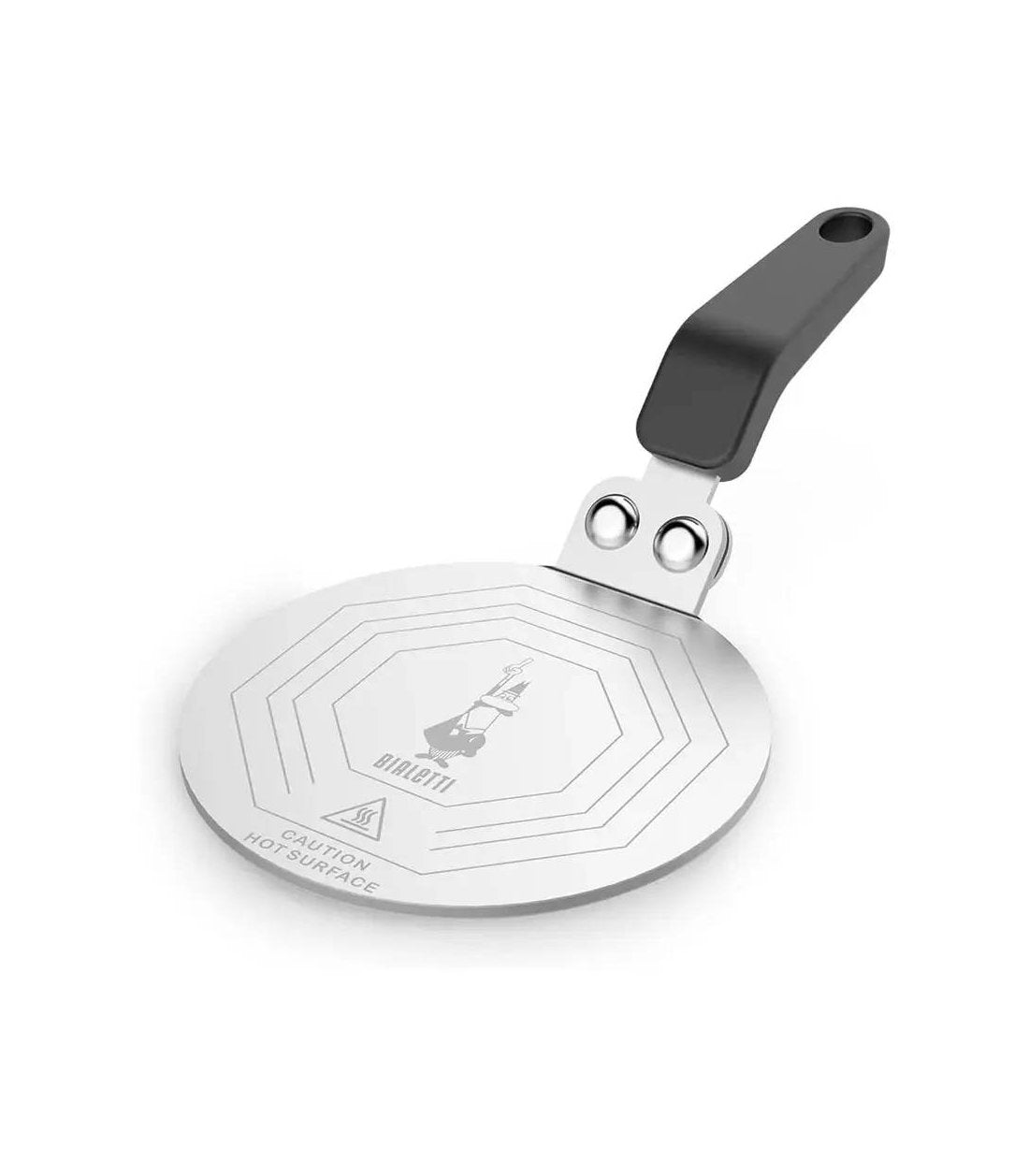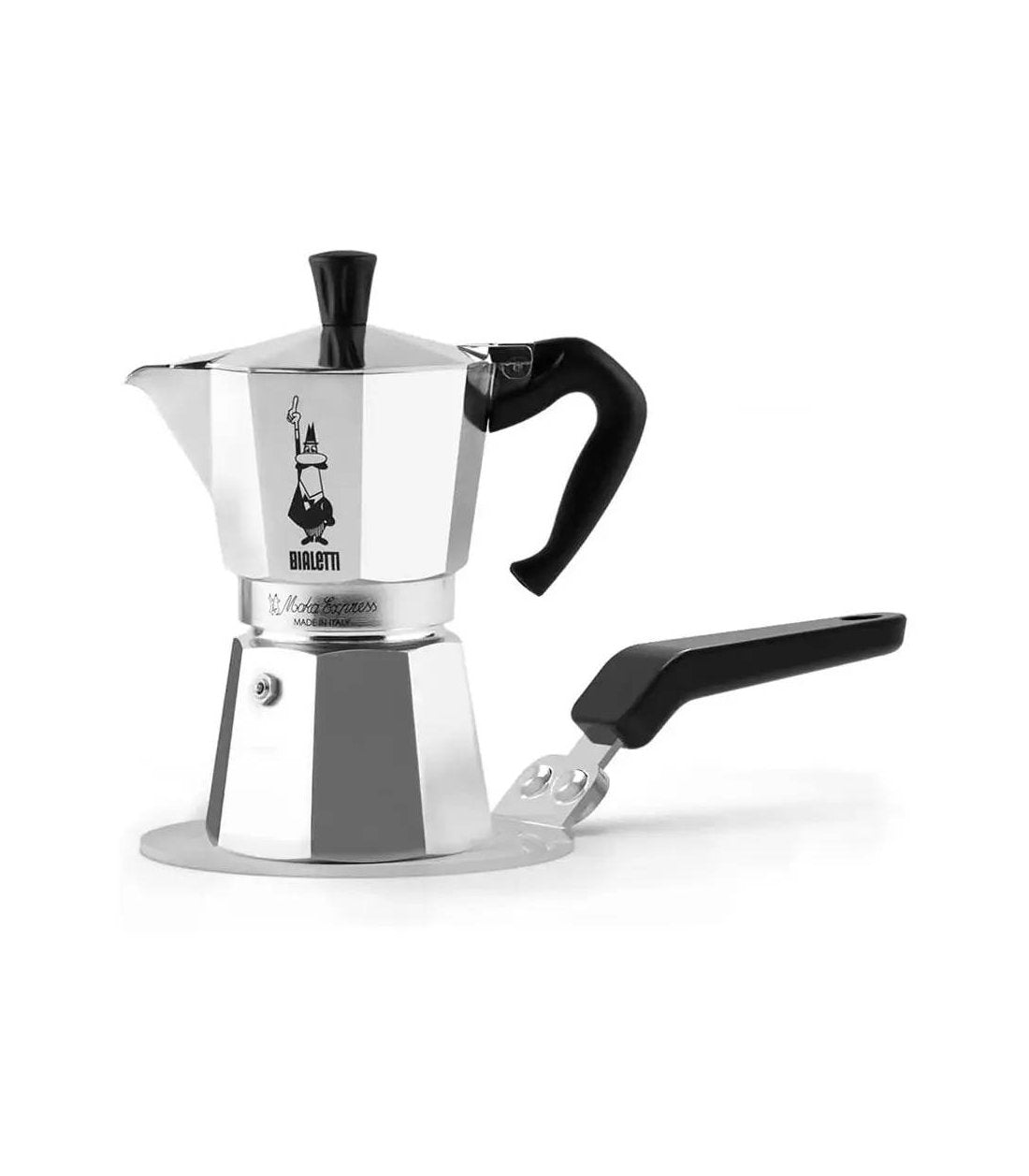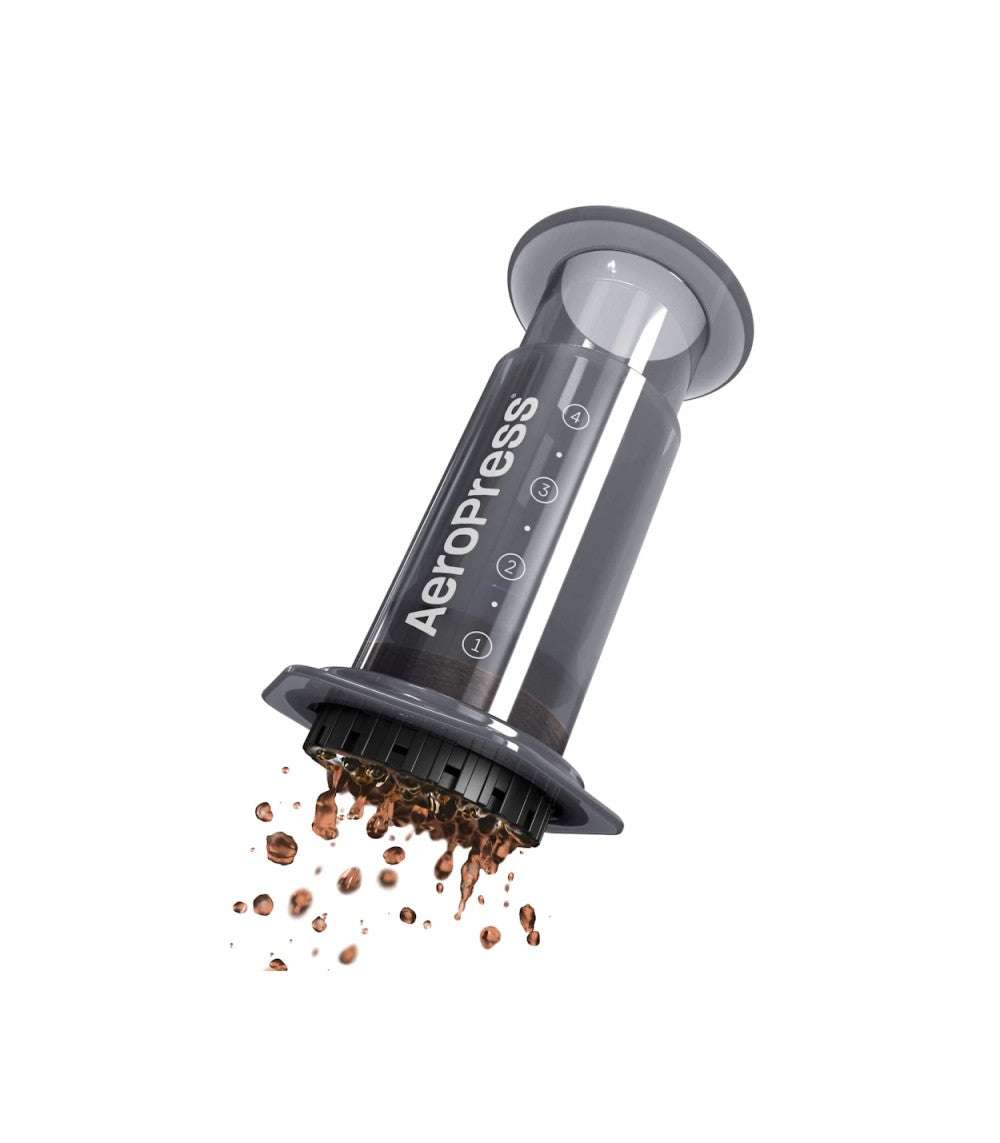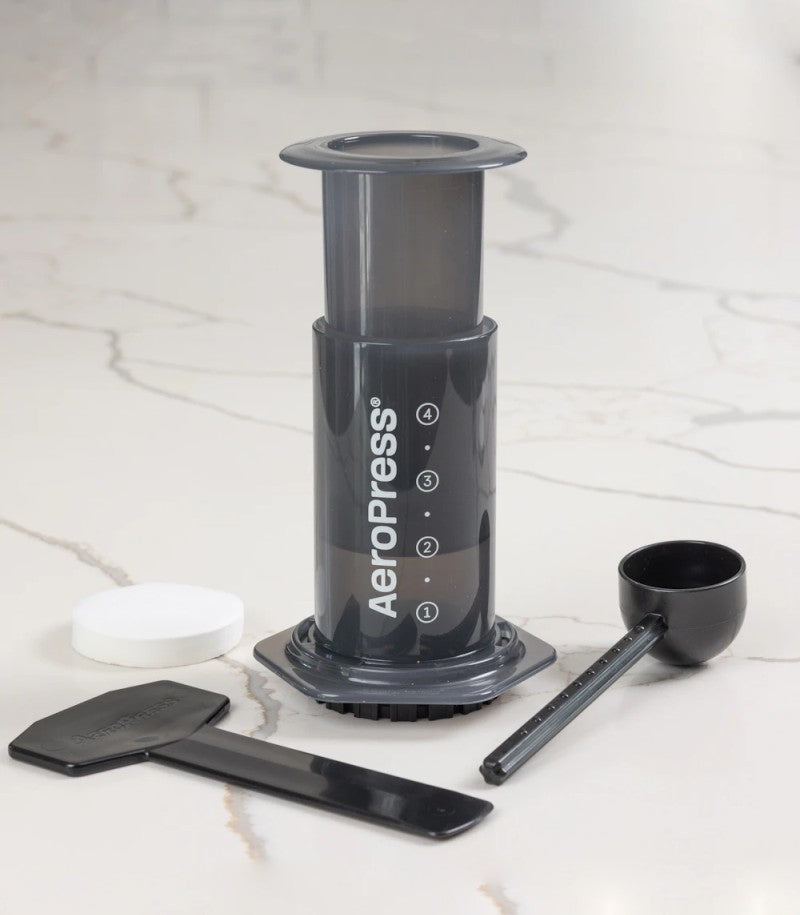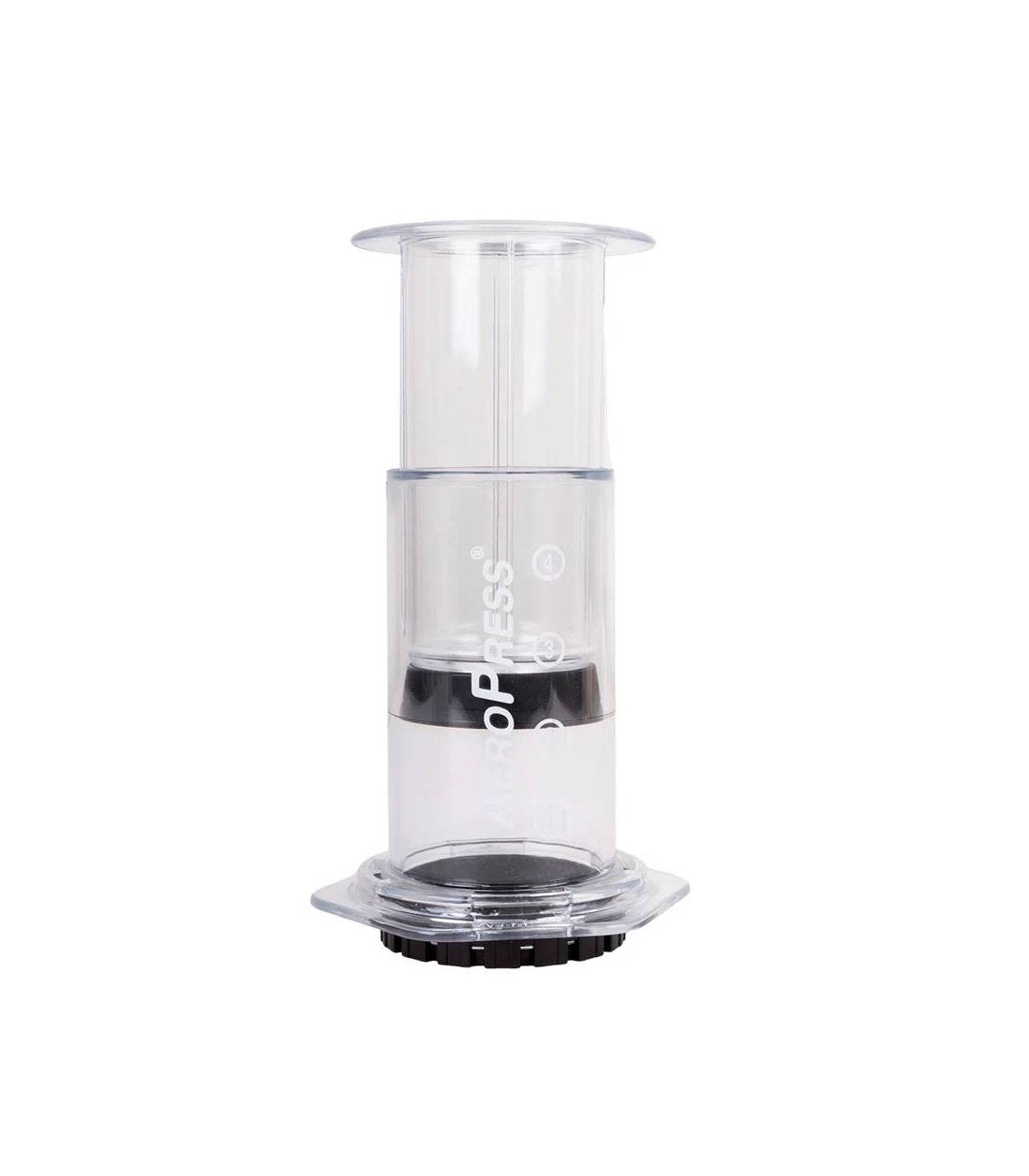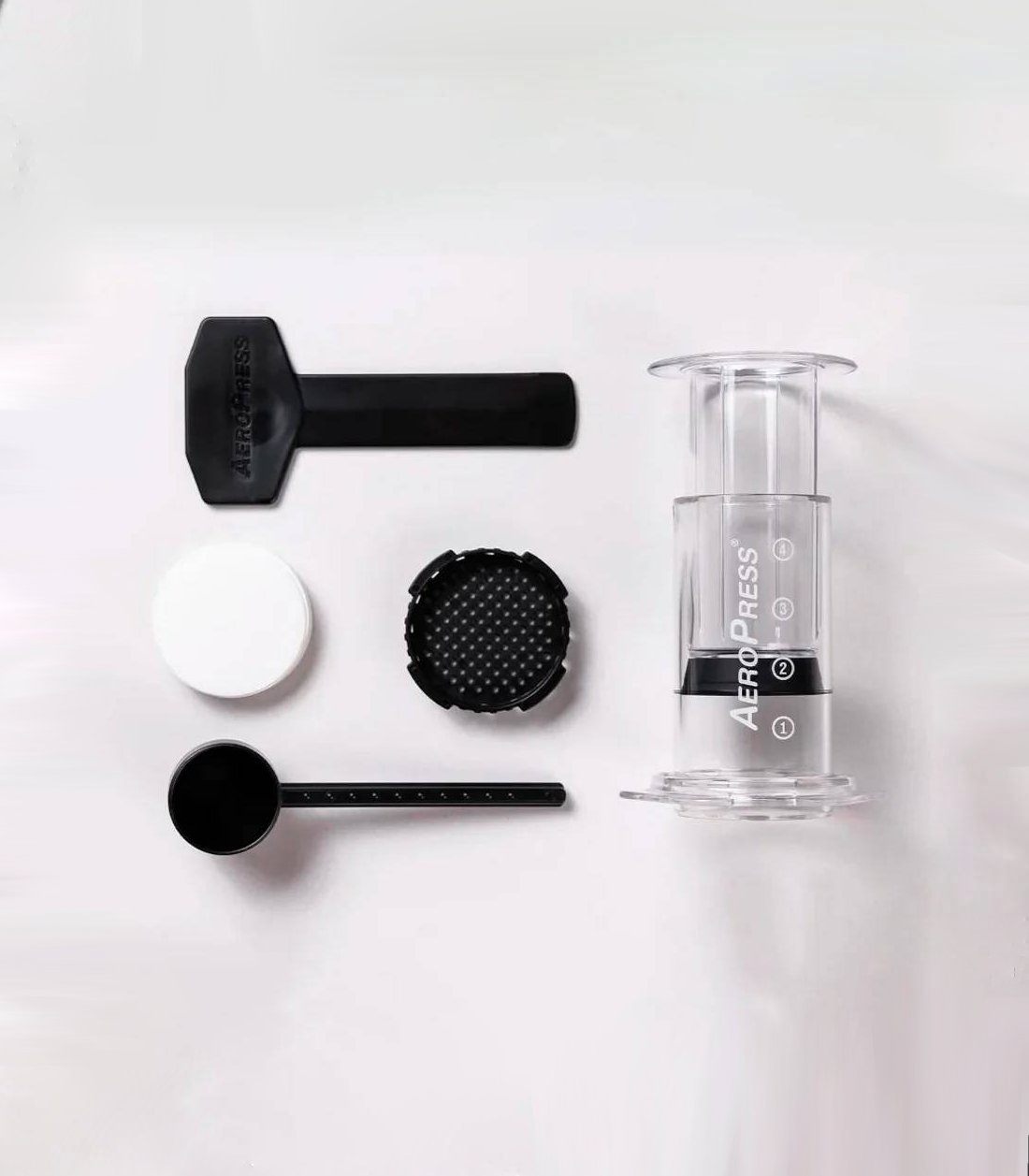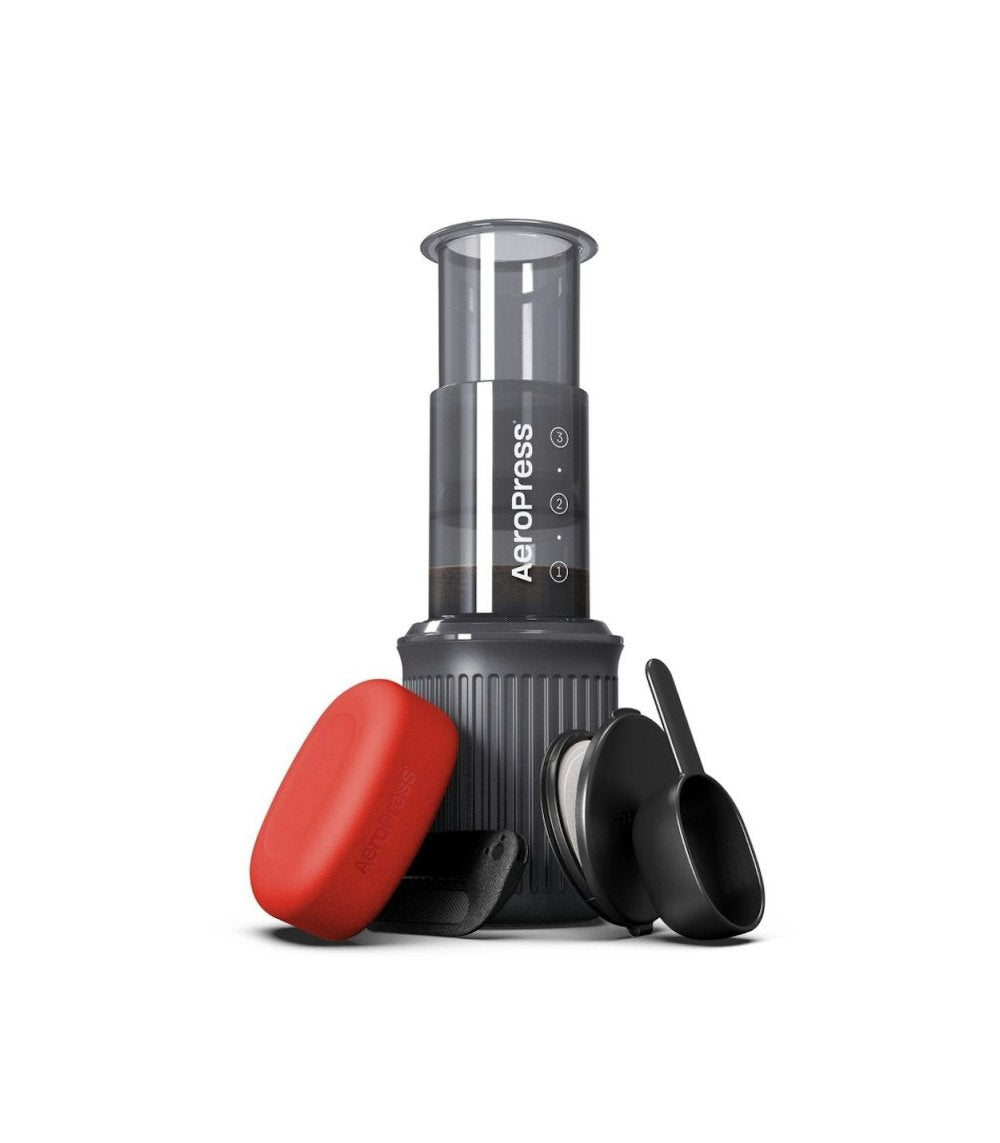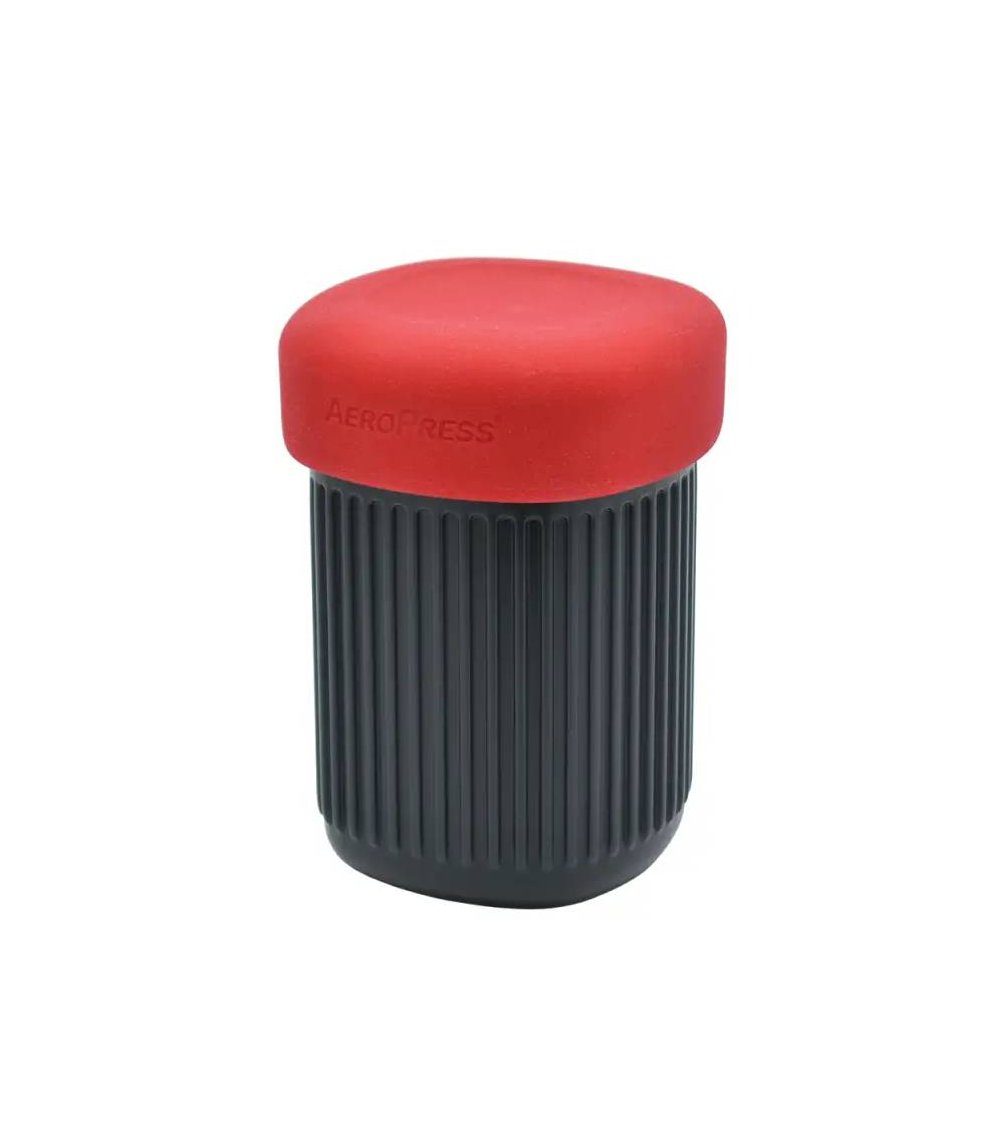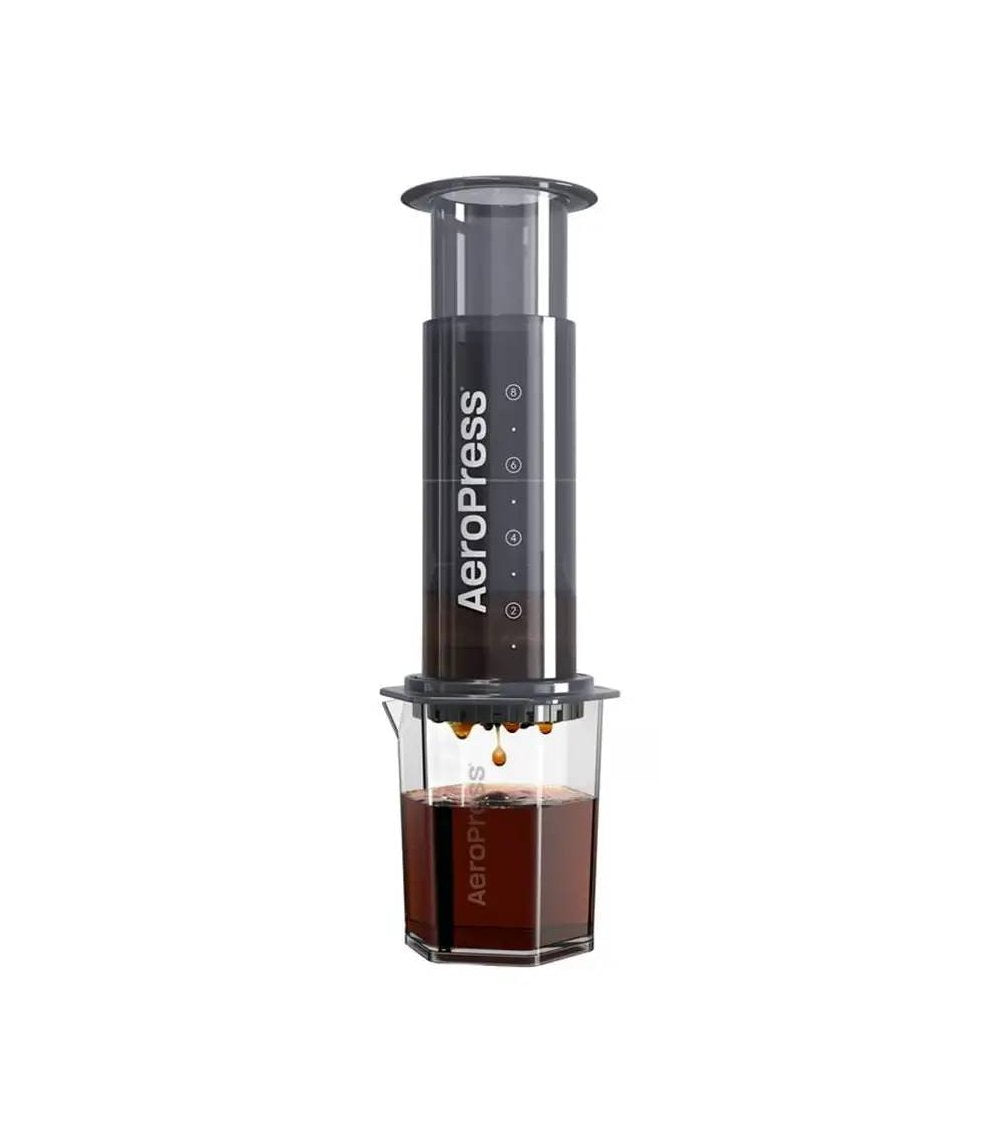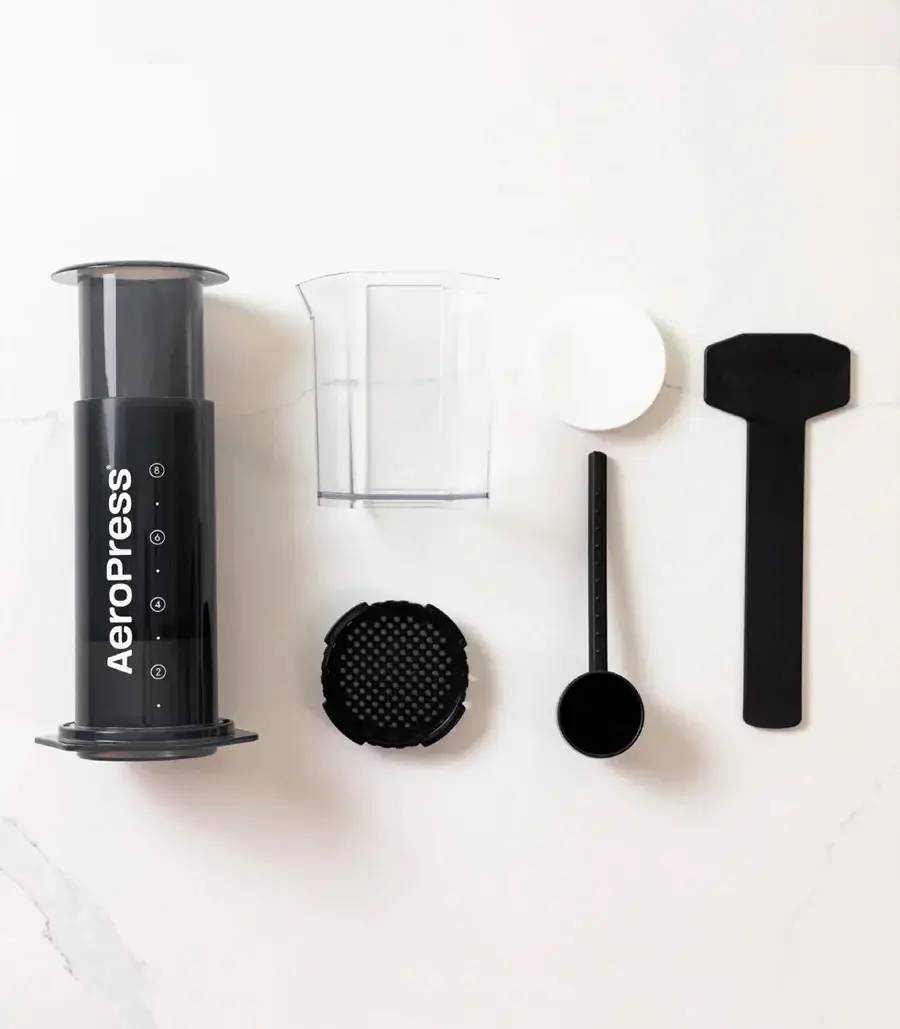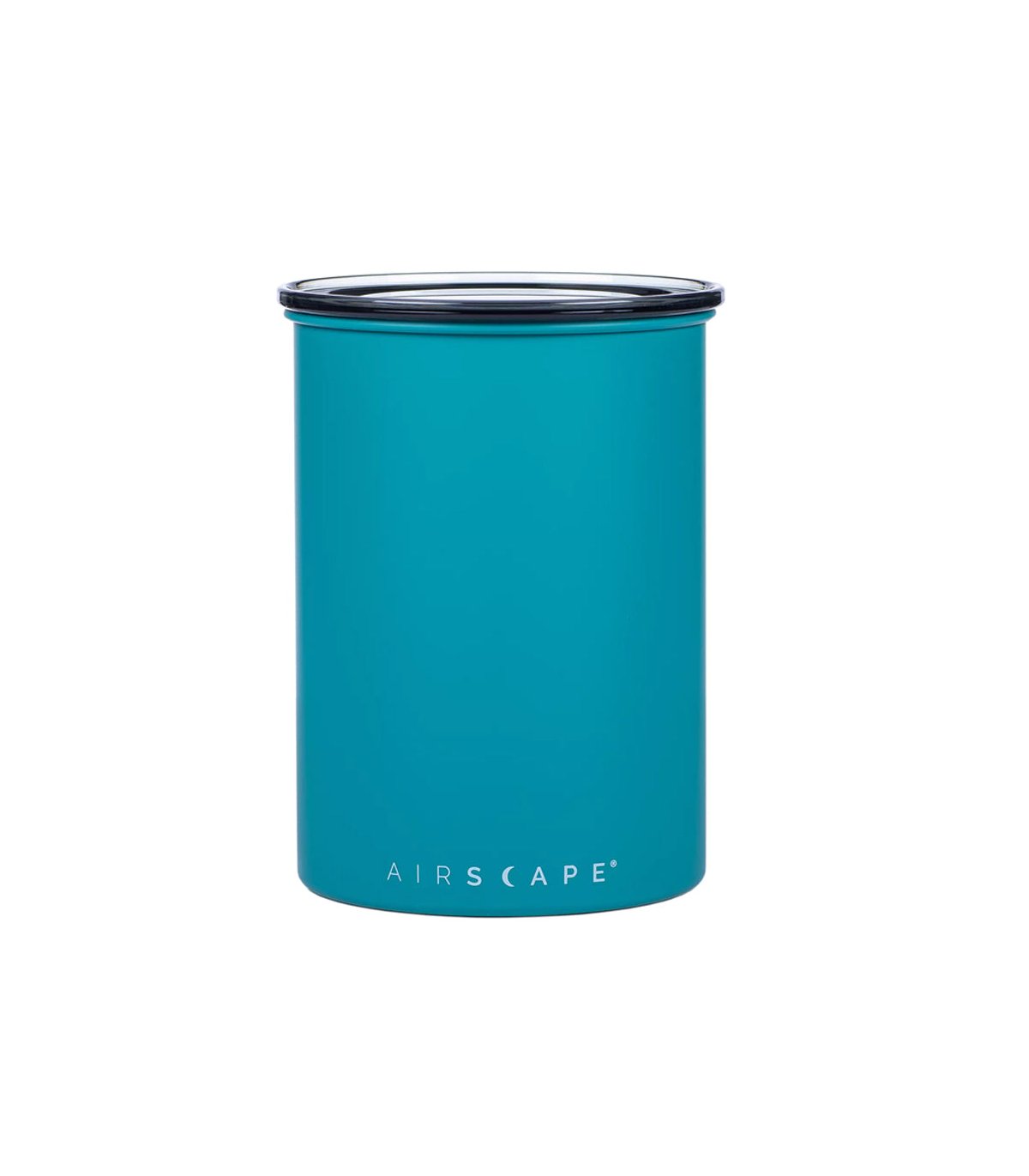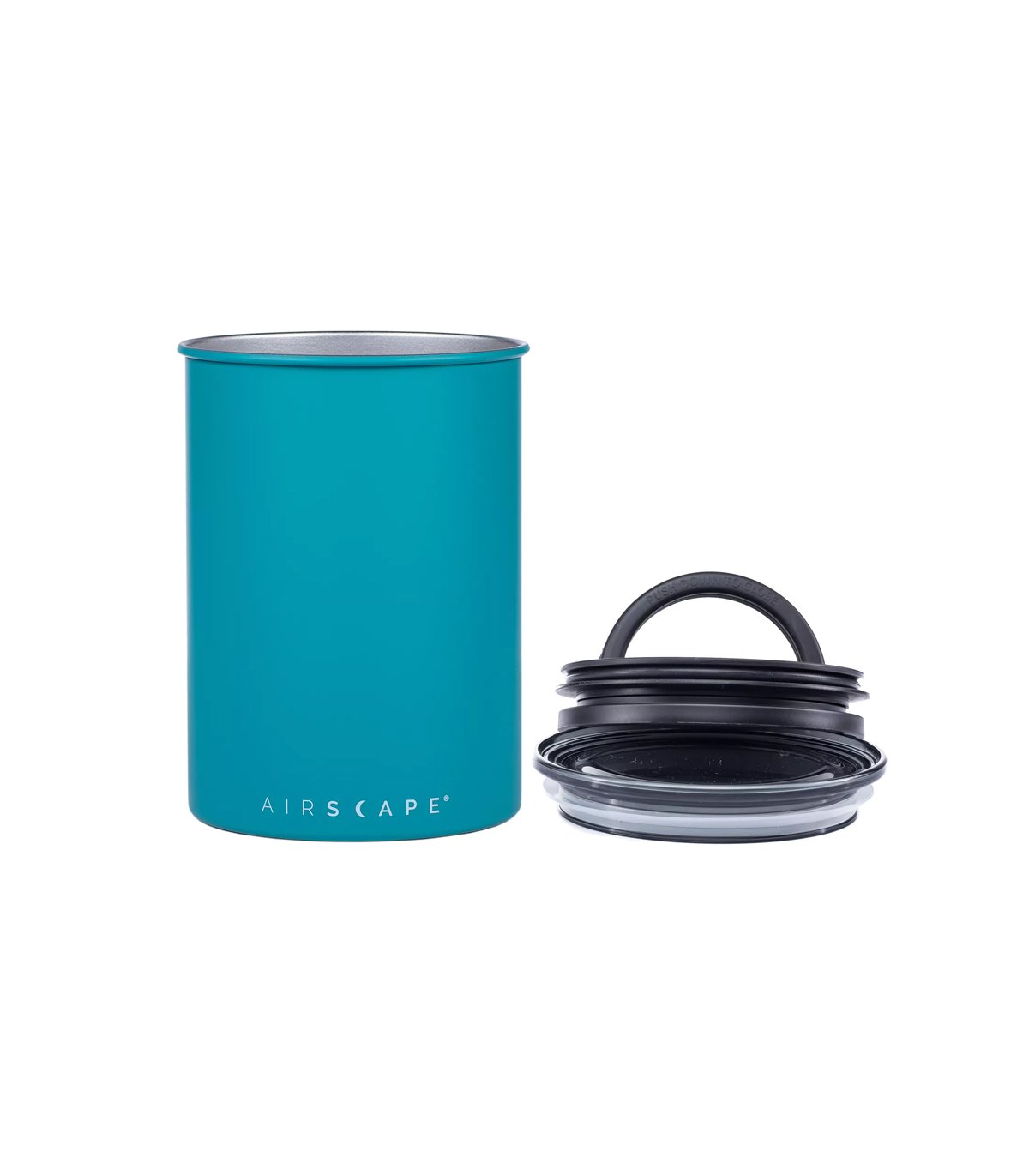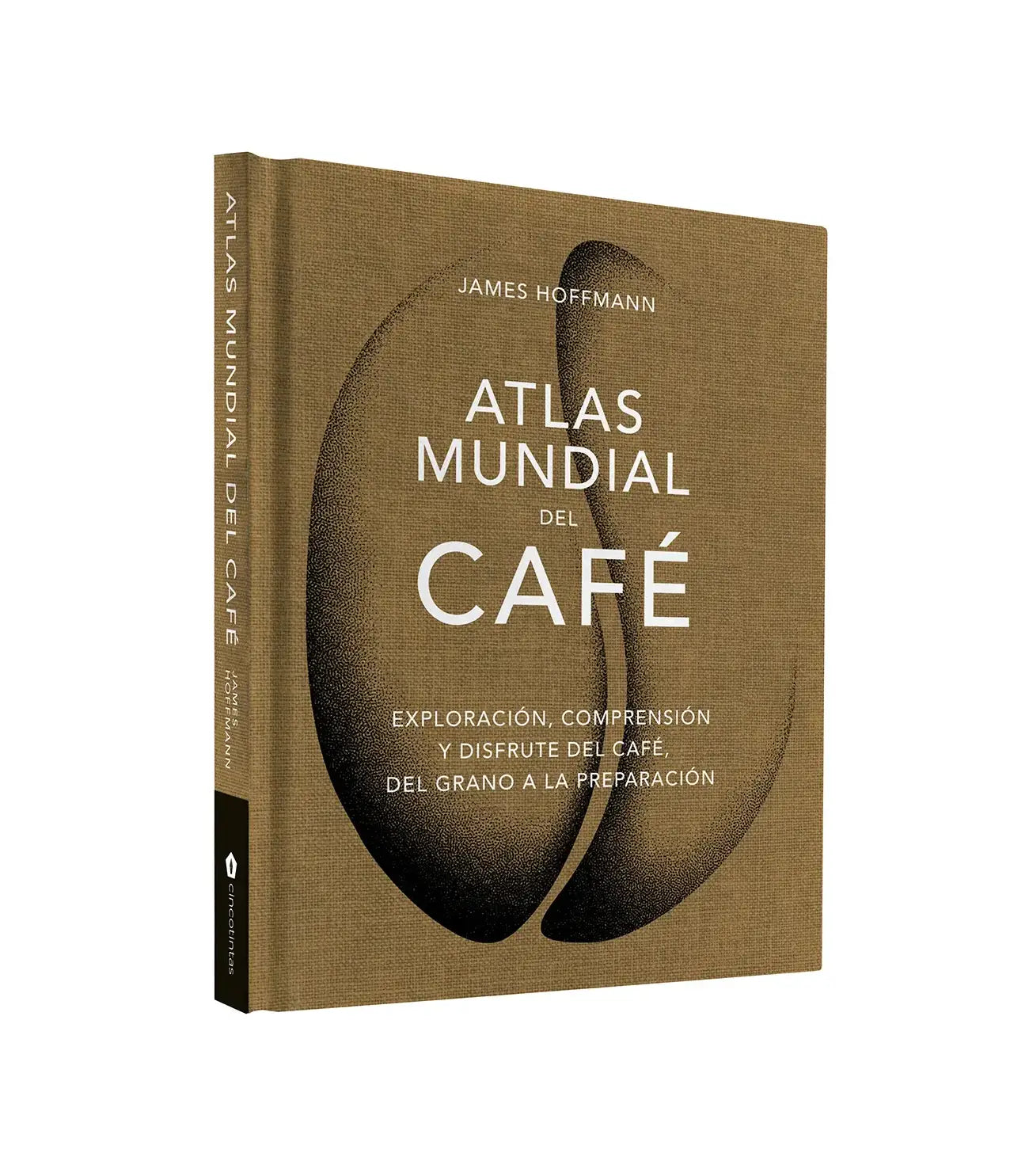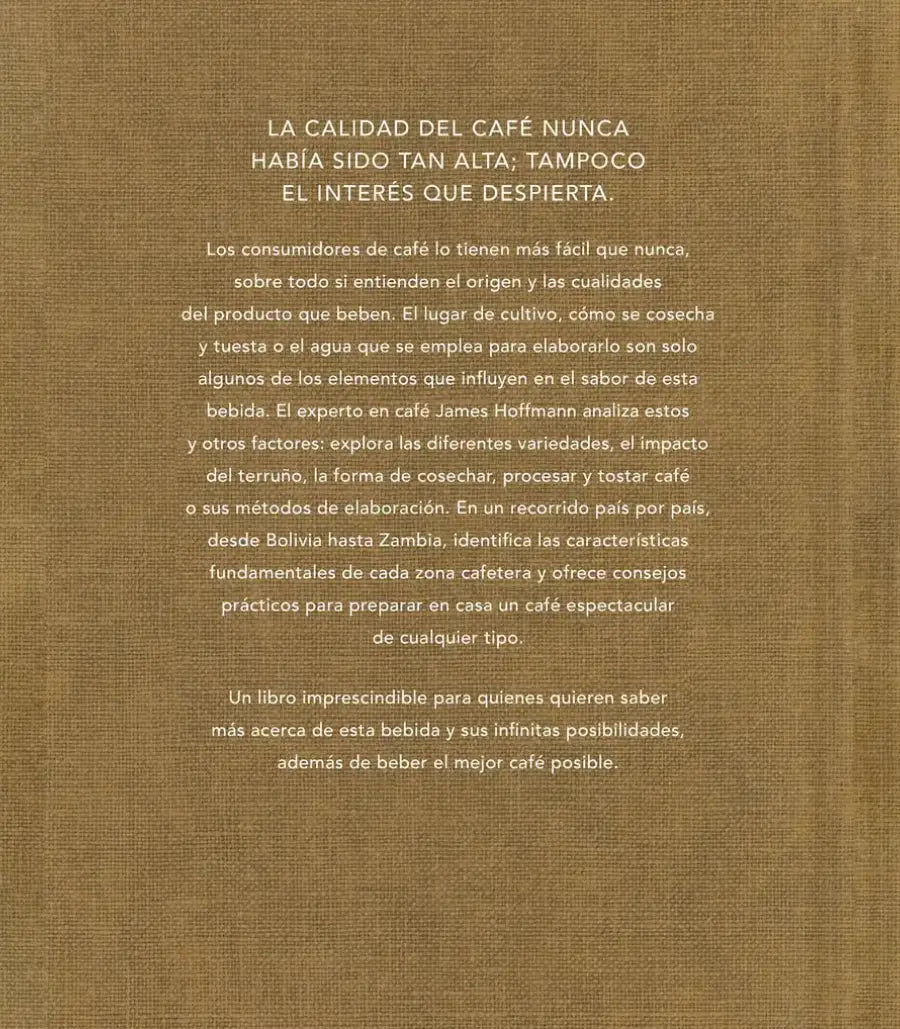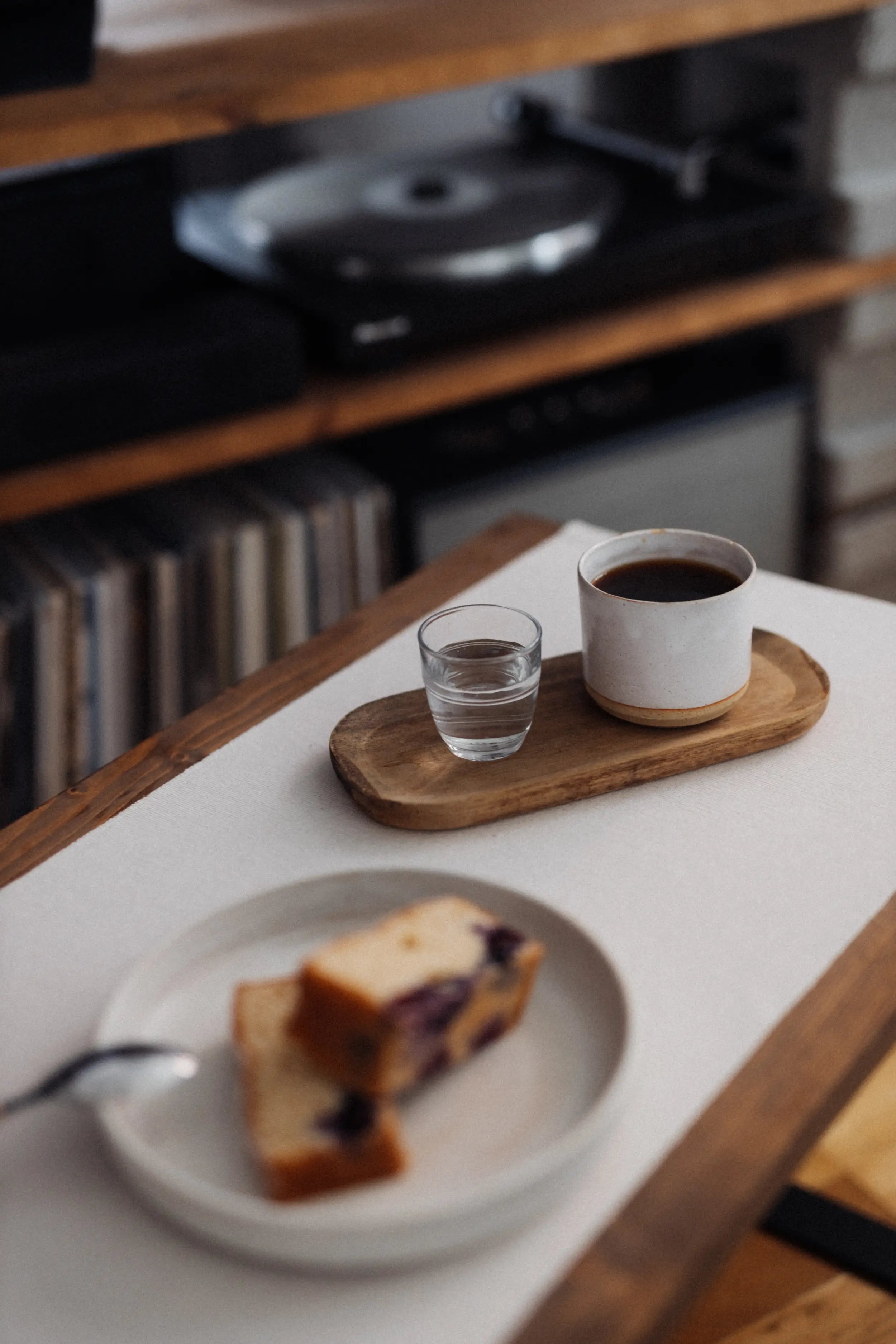
Our favorite coffees
36,00€ - 132,00€
36,00€ - 132,00€
Co-fermented
Lavender, musk, flowers
36,00€ - 132,00€
36,00€ - 132,00€
Washing , Thermal Shock
Lemonade, lemon verbena, jasmine
27,00€ - 99,00€
27,00€ - 99,00€
Anaerobic , Natural Anaerobic
Guava, hibiscus, jelly bean
23,00€ - 84,00€
23,00€ - 84,00€
Anaerobic , Anaerobic Washing
Blackberry, apricot, lollipop
23,00€ - 84,00€
23,00€ - 84,00€
Anaerobic , Decaffeinated
Passion fruit, panela, mandarin
22,00€ - 79,00€
22,00€ - 79,00€
Anaerobic , Natural Anaerobic
Guava, hibiscus, jelly bean
18,00€ - 66,00€
18,00€ - 66,00€
Washing
Blackberry, blueberry, summer pudding
16,00€ - 58,00€
16,00€ - 58,00€
Natural
Strawberries and cream, peach, floral
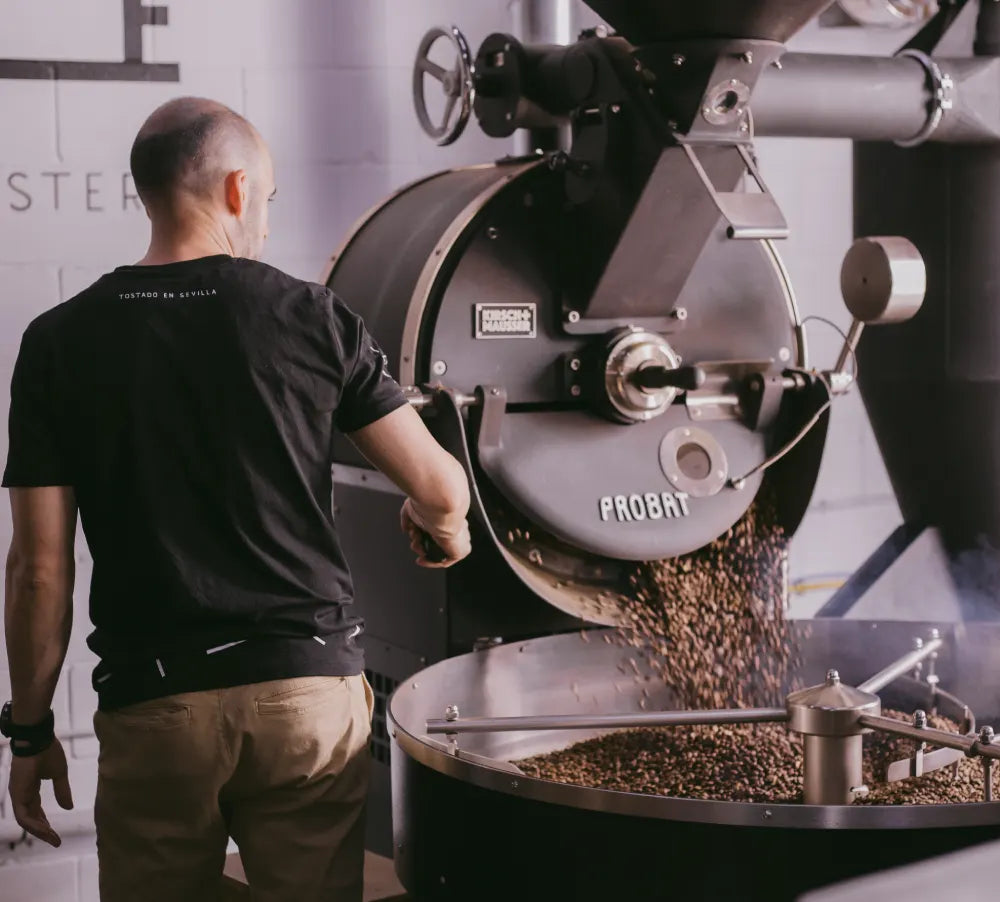
Specialty coffee, seasonal and freshly roasted in Seville.
We work with fresh, seasonal specialty coffees, lovingly cultivated at source by farmers who care for the land and value quality above all else.
Buying specialty coffee for the first time?
We know that purchasing specialty coffee for the first time can be complicated. That's why we've prepared a series of resources to help you get started in this wonderful world.
The coffee subscription that suits you
Get our specialty coffee delivered to your home the way you want it.
Whenever you want.
Specialty coffee is synonymous with quality and traceability. It is evaluated on a scale of 0 to 100, and only those with a score above 80 are considered 'specialty coffee.' At Ineffable Coffee, we only roast coffees with a score above 84. Our philosophy is based on respect for producers at source, product traceability, environmental and social sustainability, and fair payment.
Fresh seasonal coffee
Freshly roasted in Seville
Eco-Friendly Packaging
Fair price
Caution to producers
Traceability from farm to cup
Preparation guides
What are you looking for?
The perfect accessories to get started
189,00€ - 189,00€
19,00€ - 19,00€
34,00€ - 34,00€
34,00€
49,00€ - 49,00€
49,00€
40,00€ - 40,00€
40,00€
69,00€ - 69,00€
69,00€
34,00€ - 39,00€
34,00€ - 39,00€
35,00€ - 35,00€
35,00€
